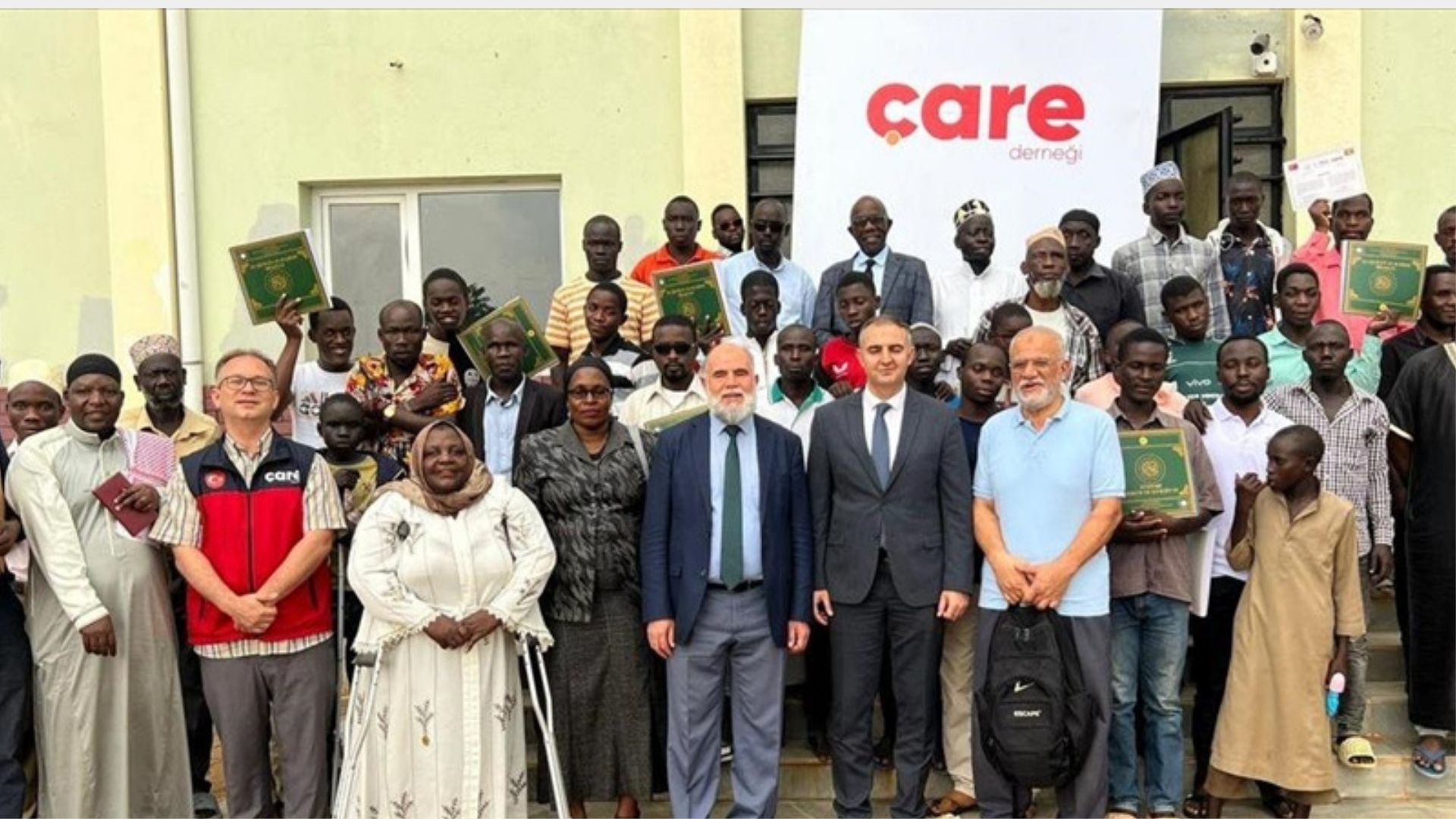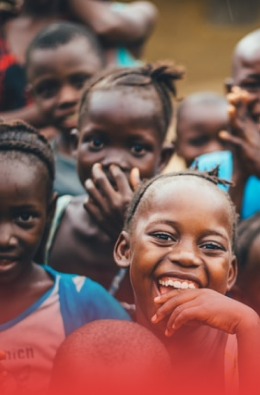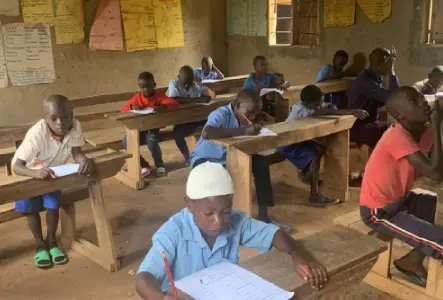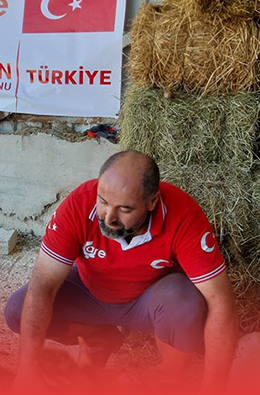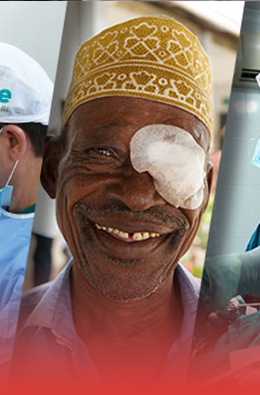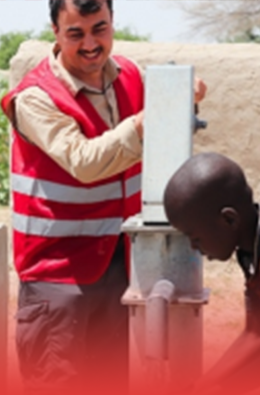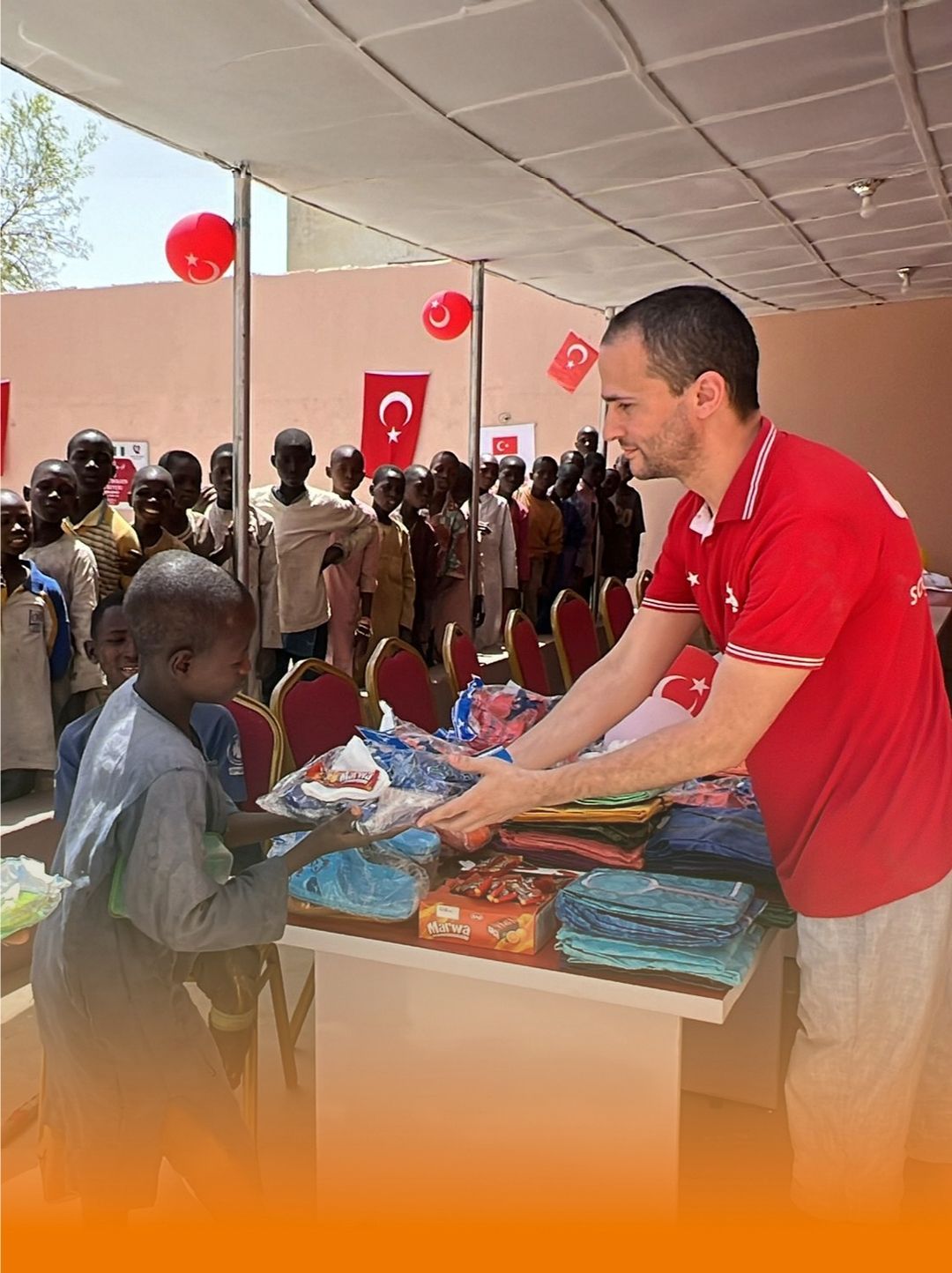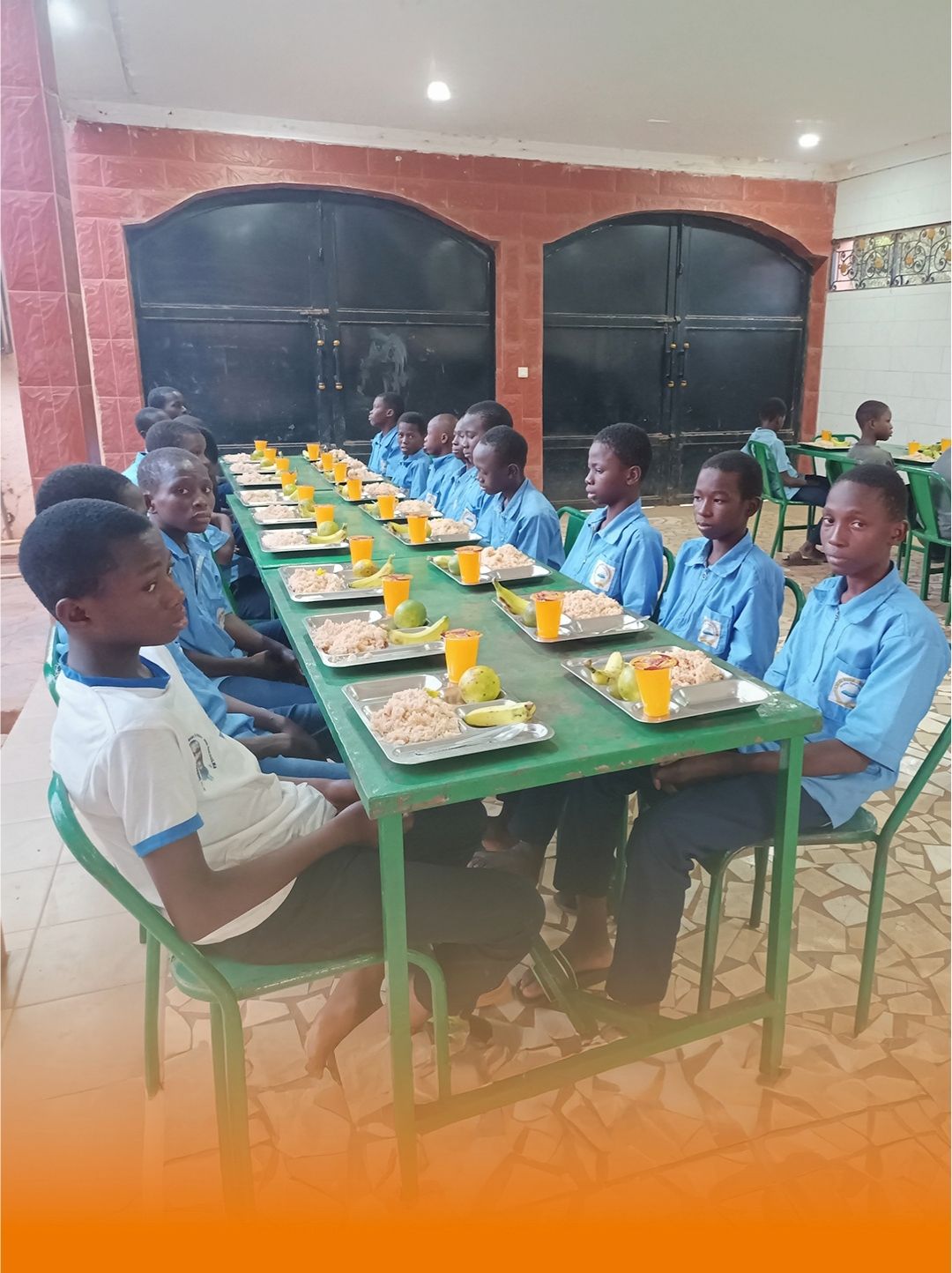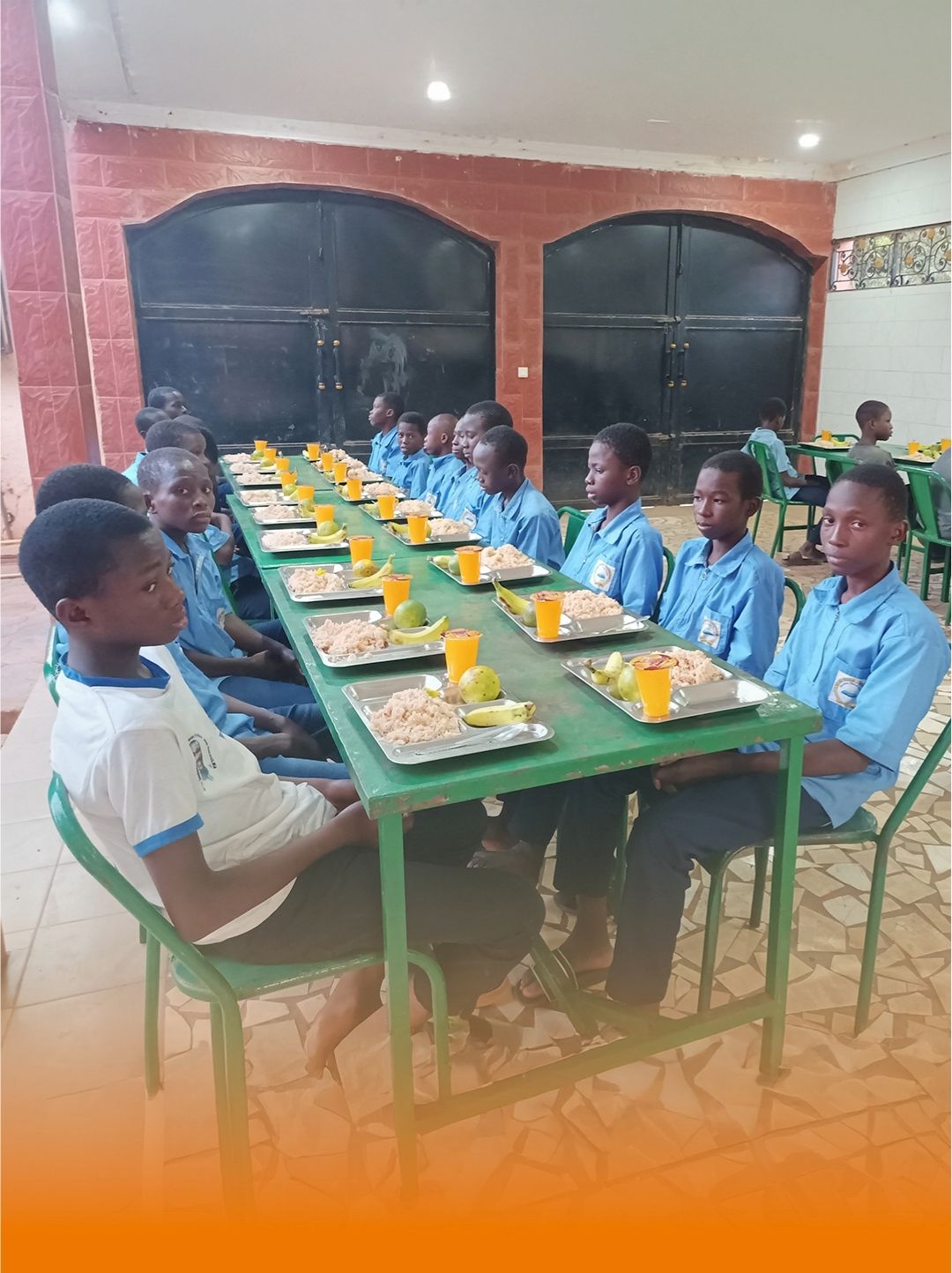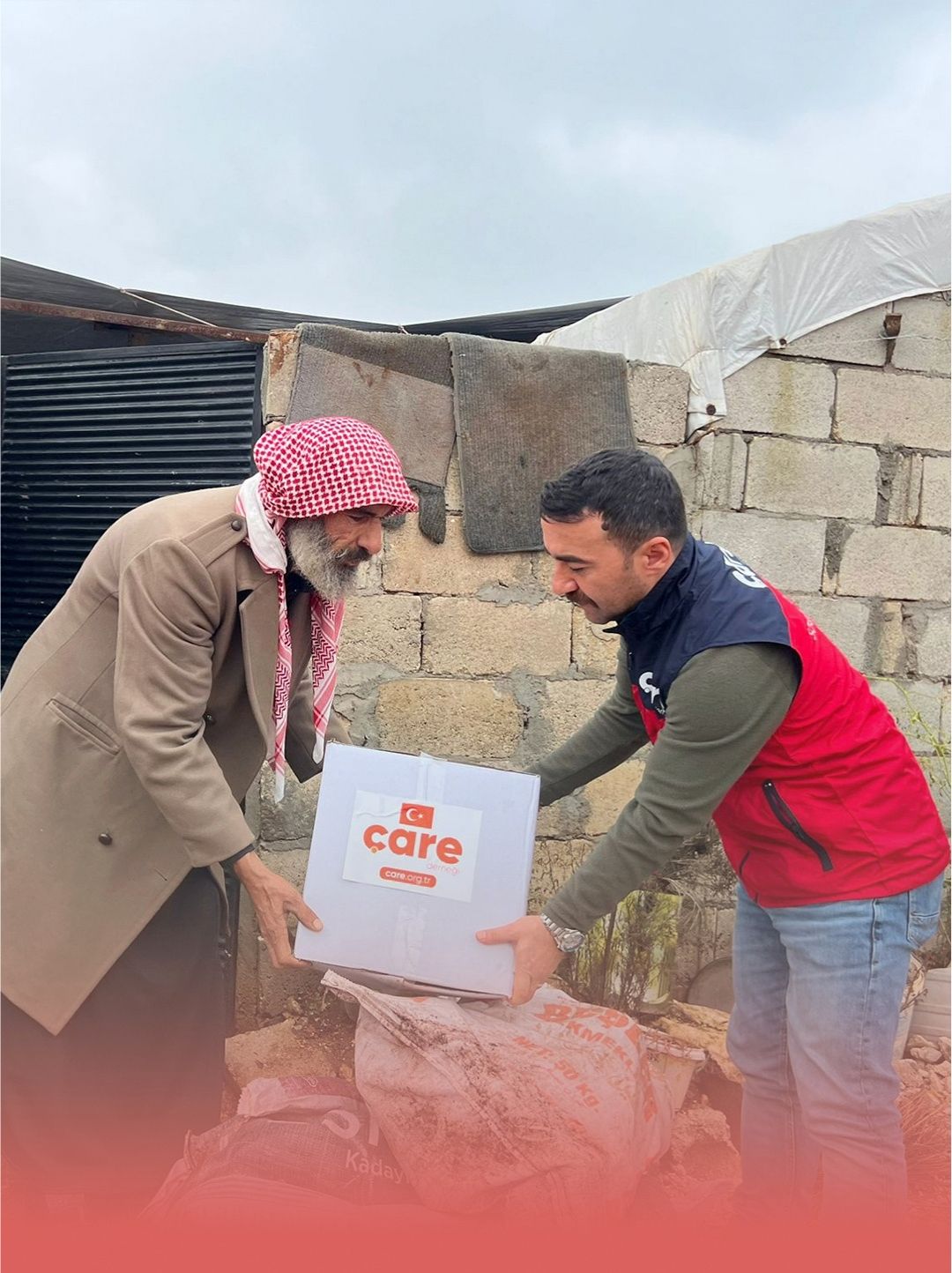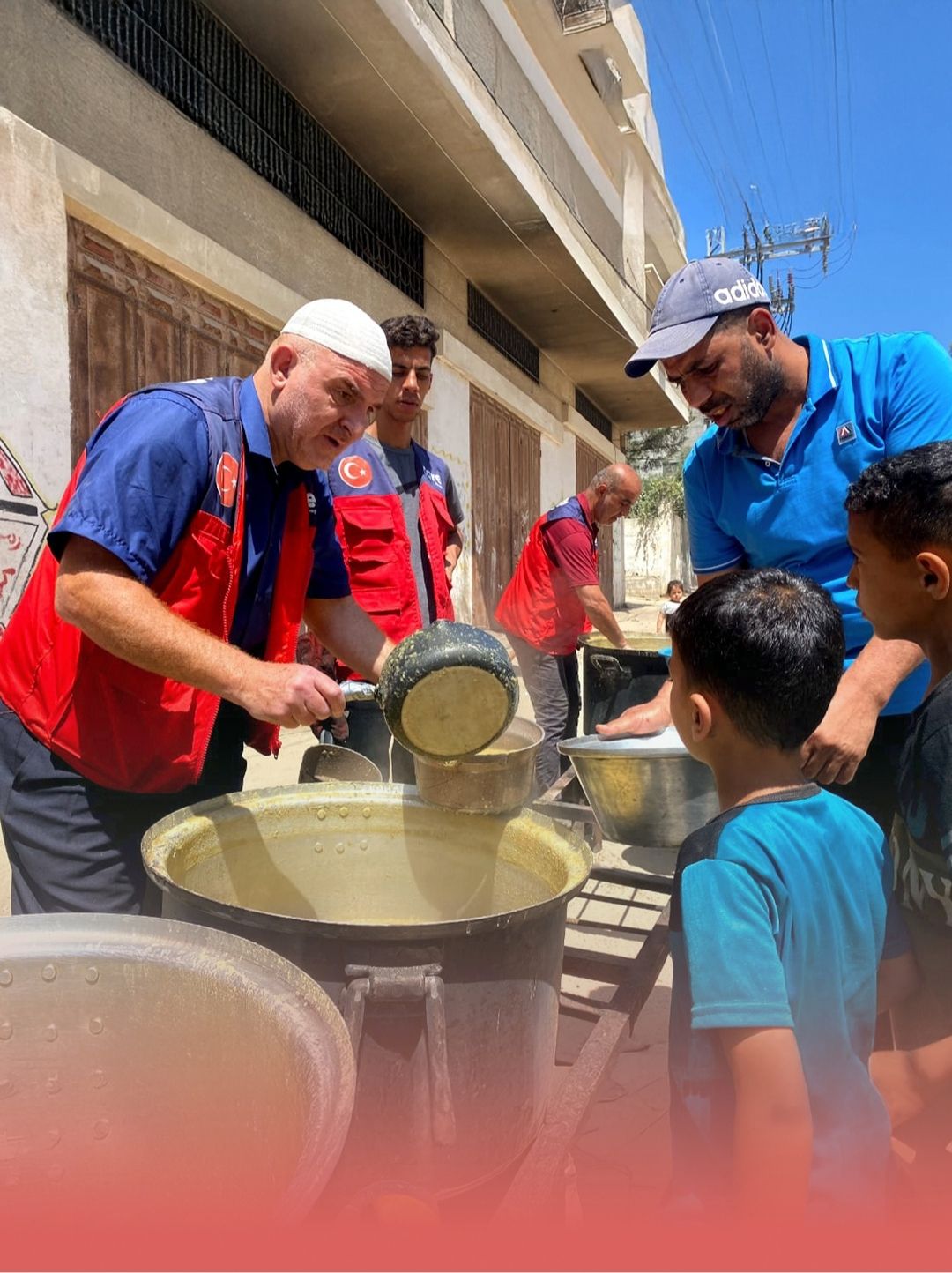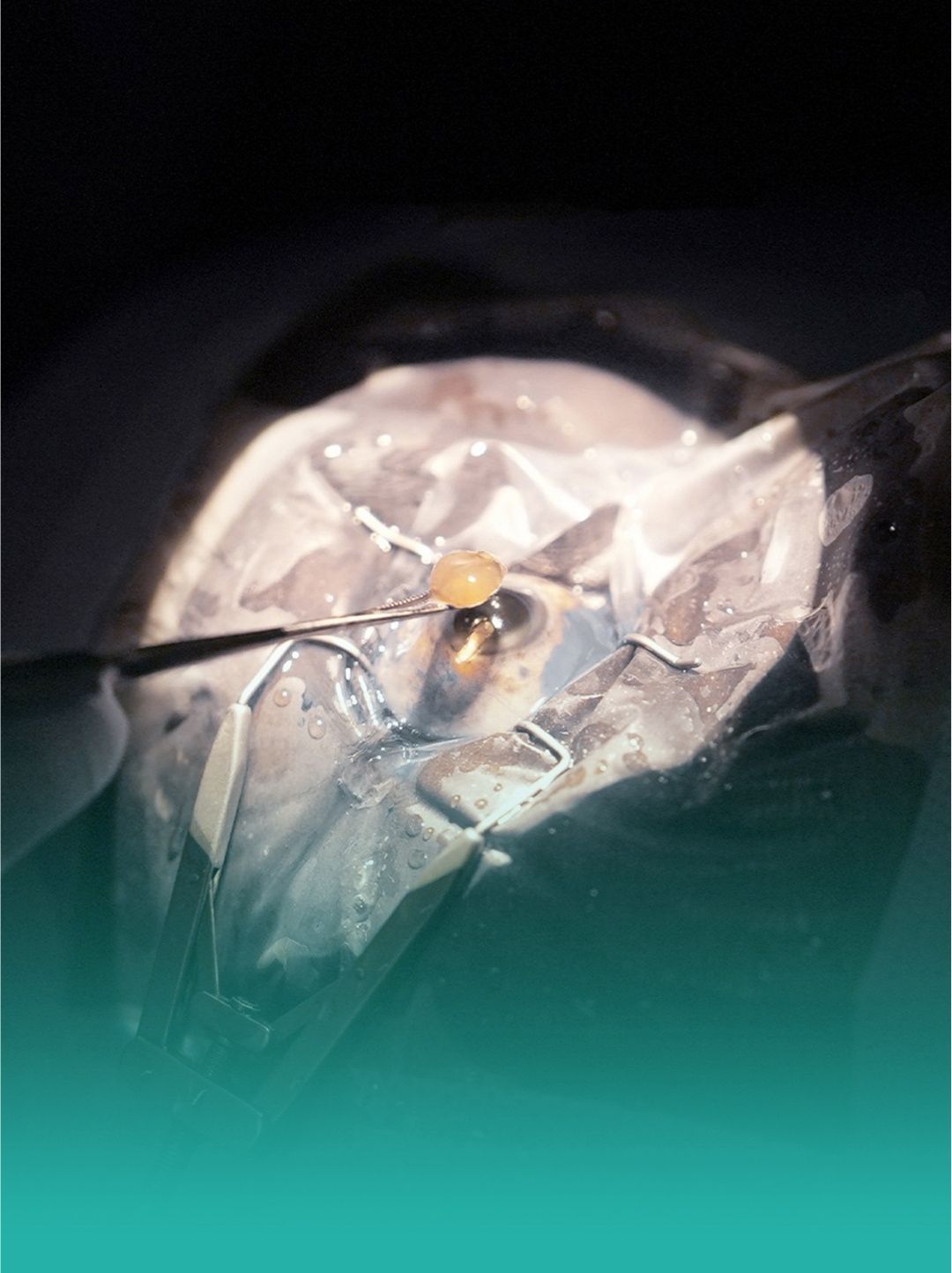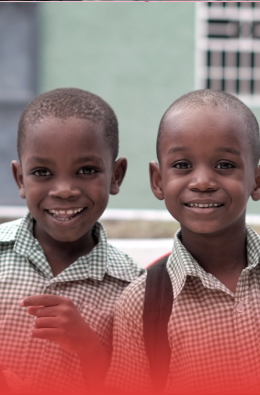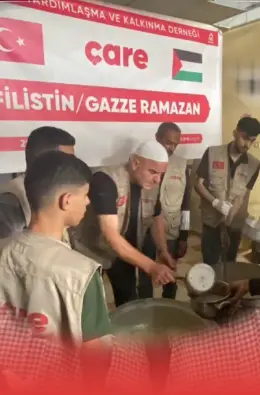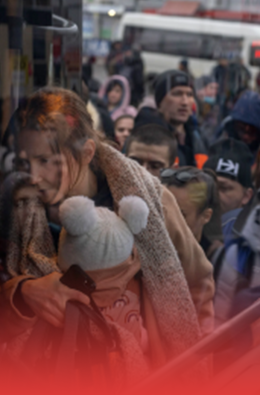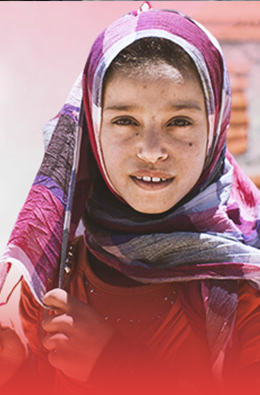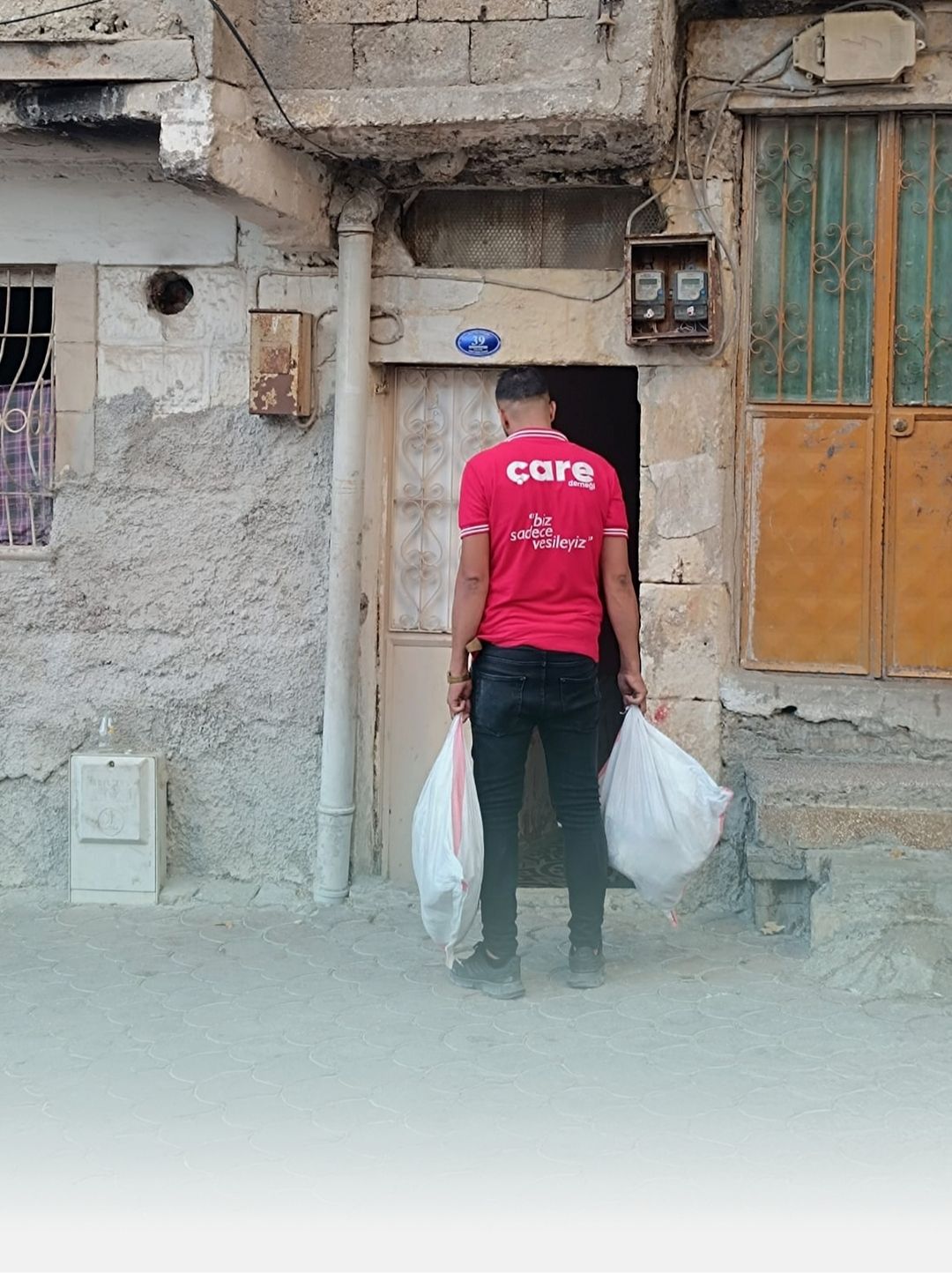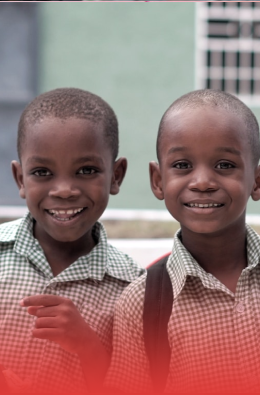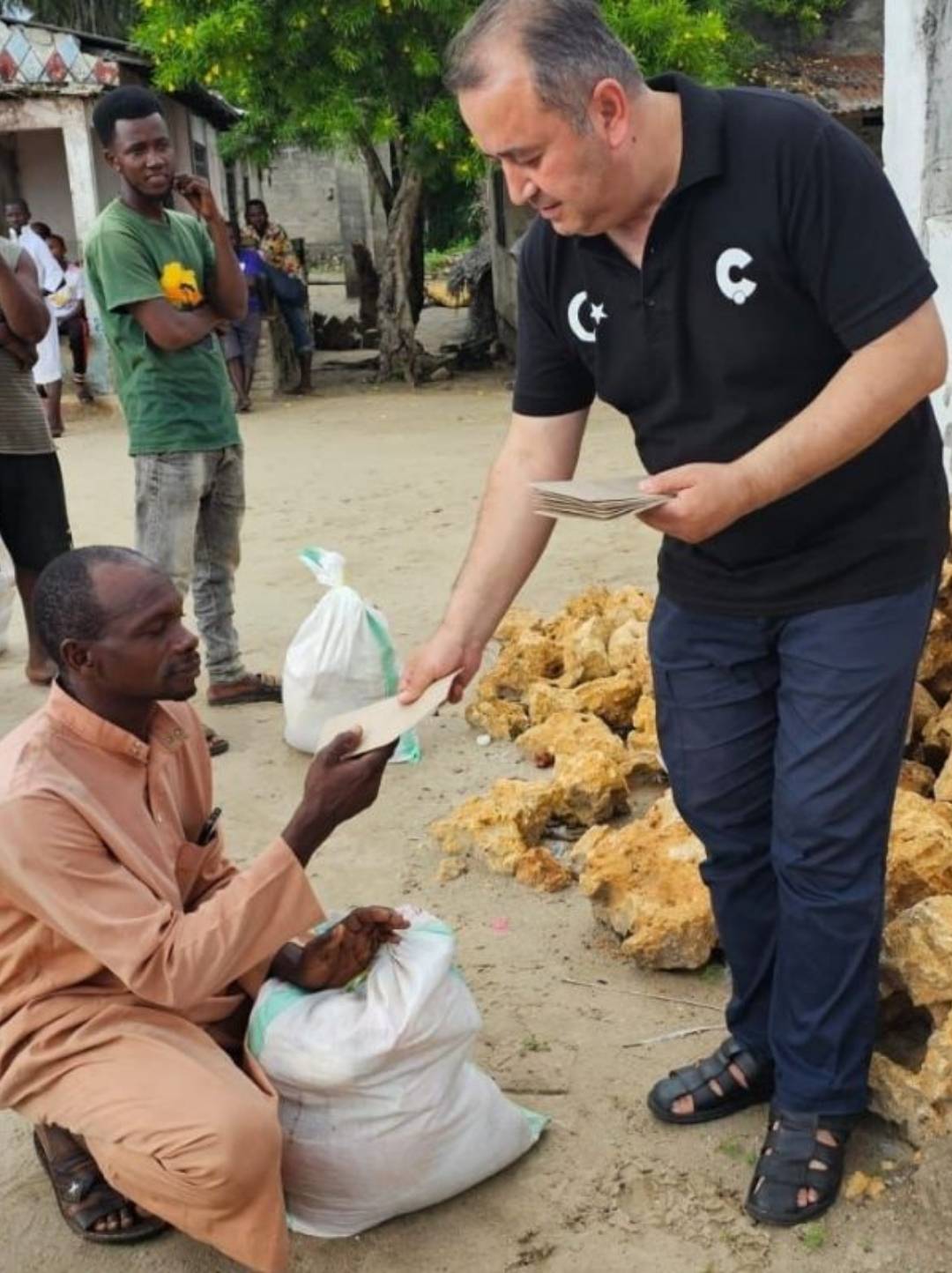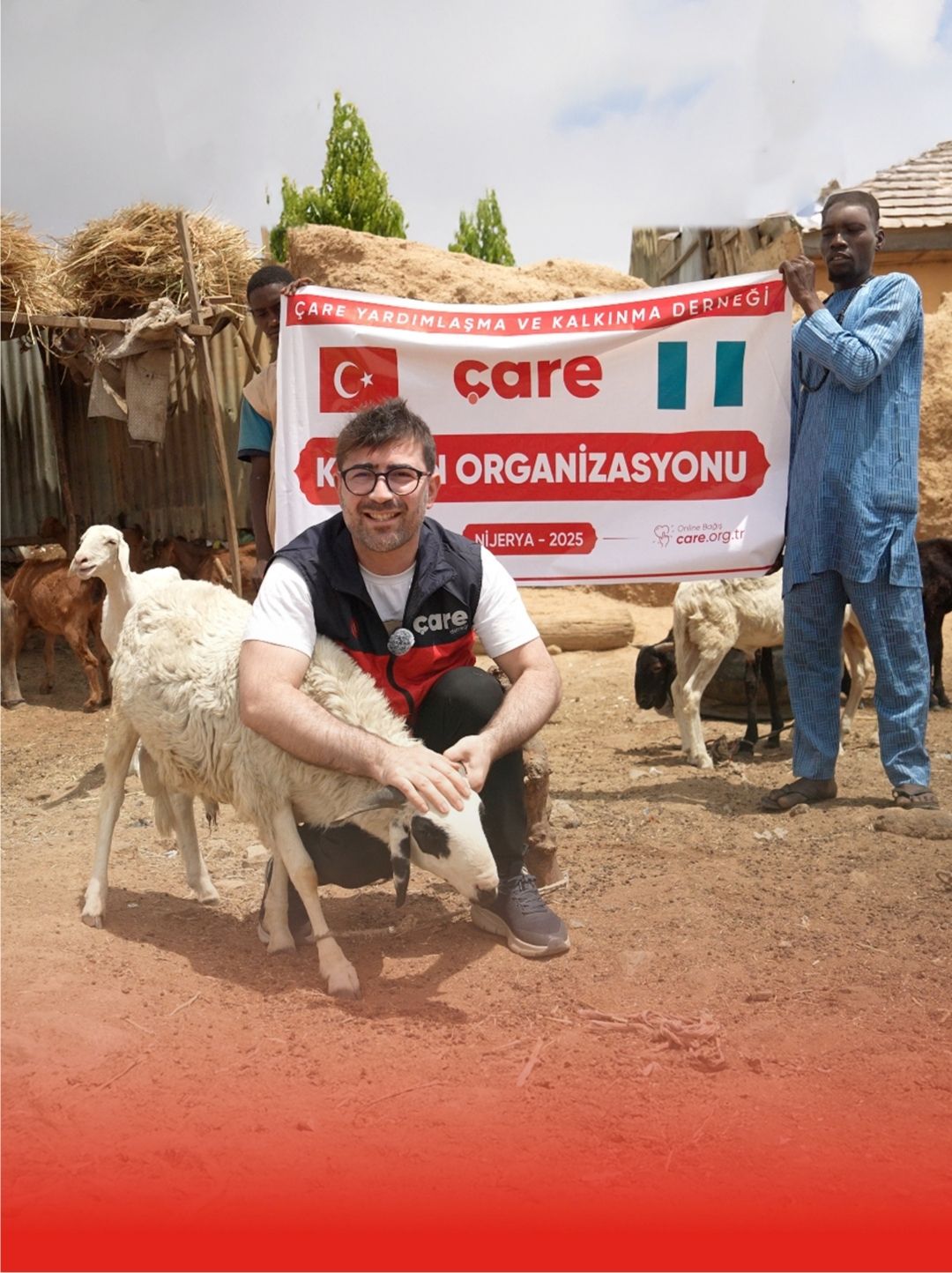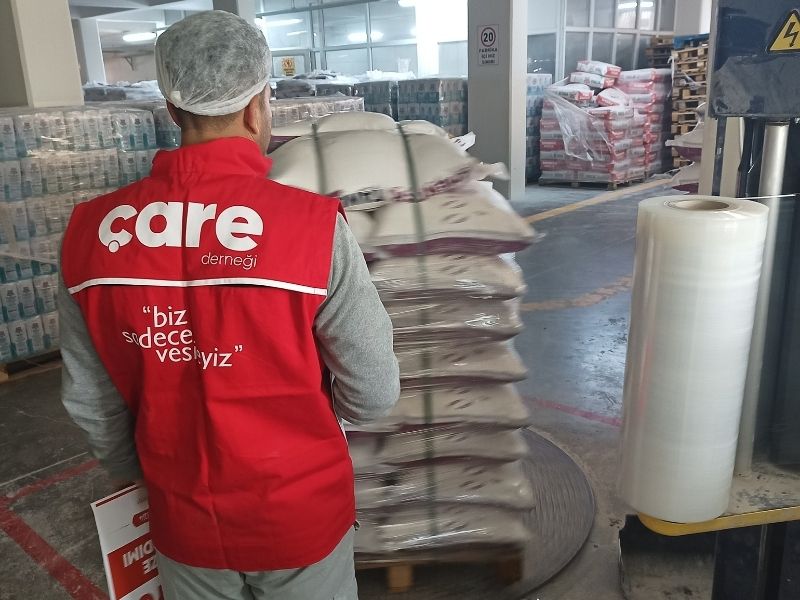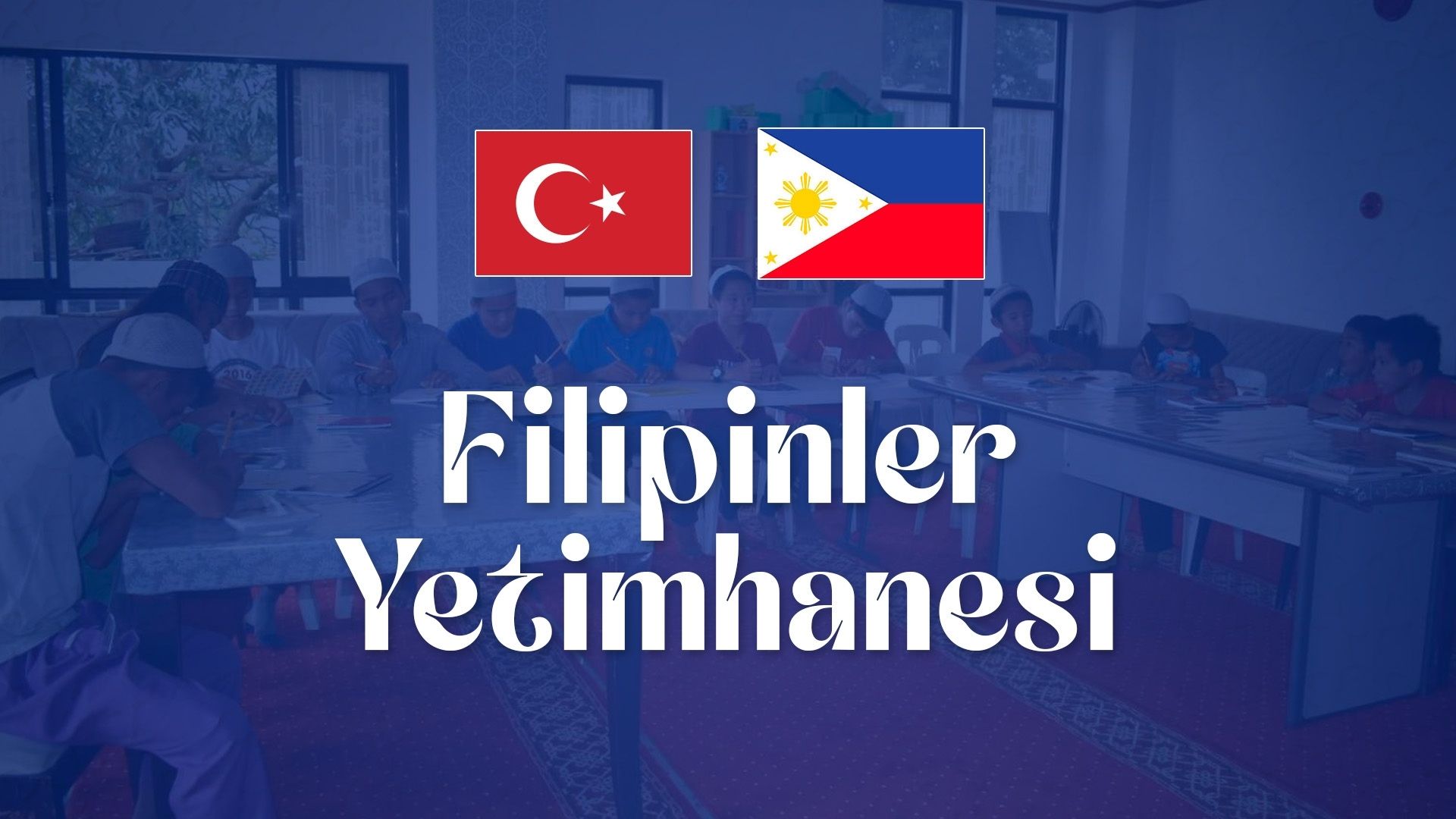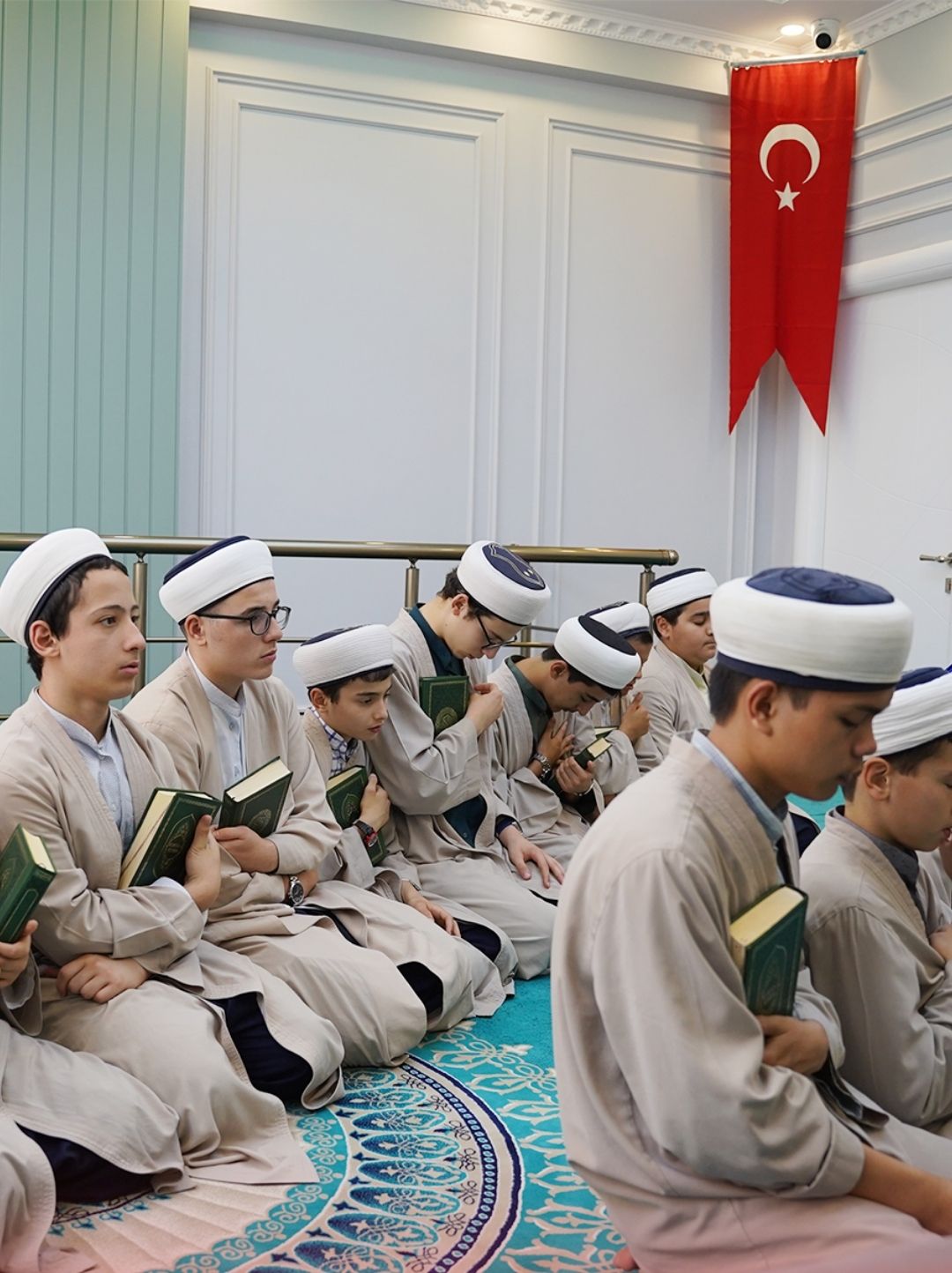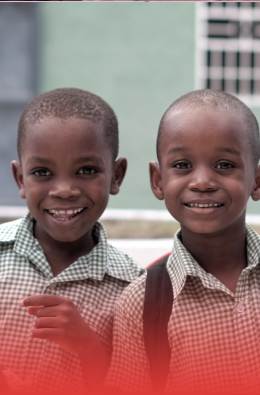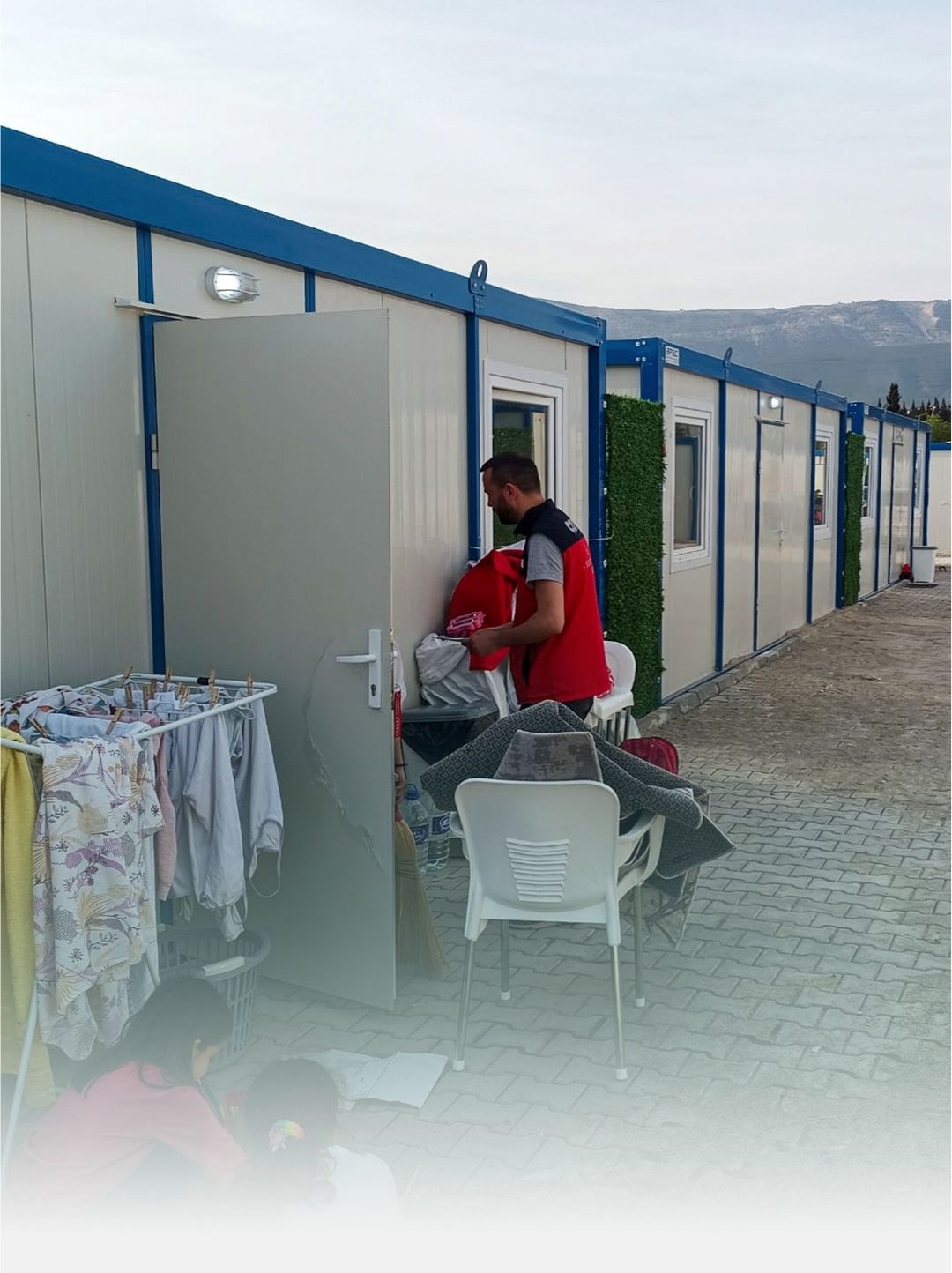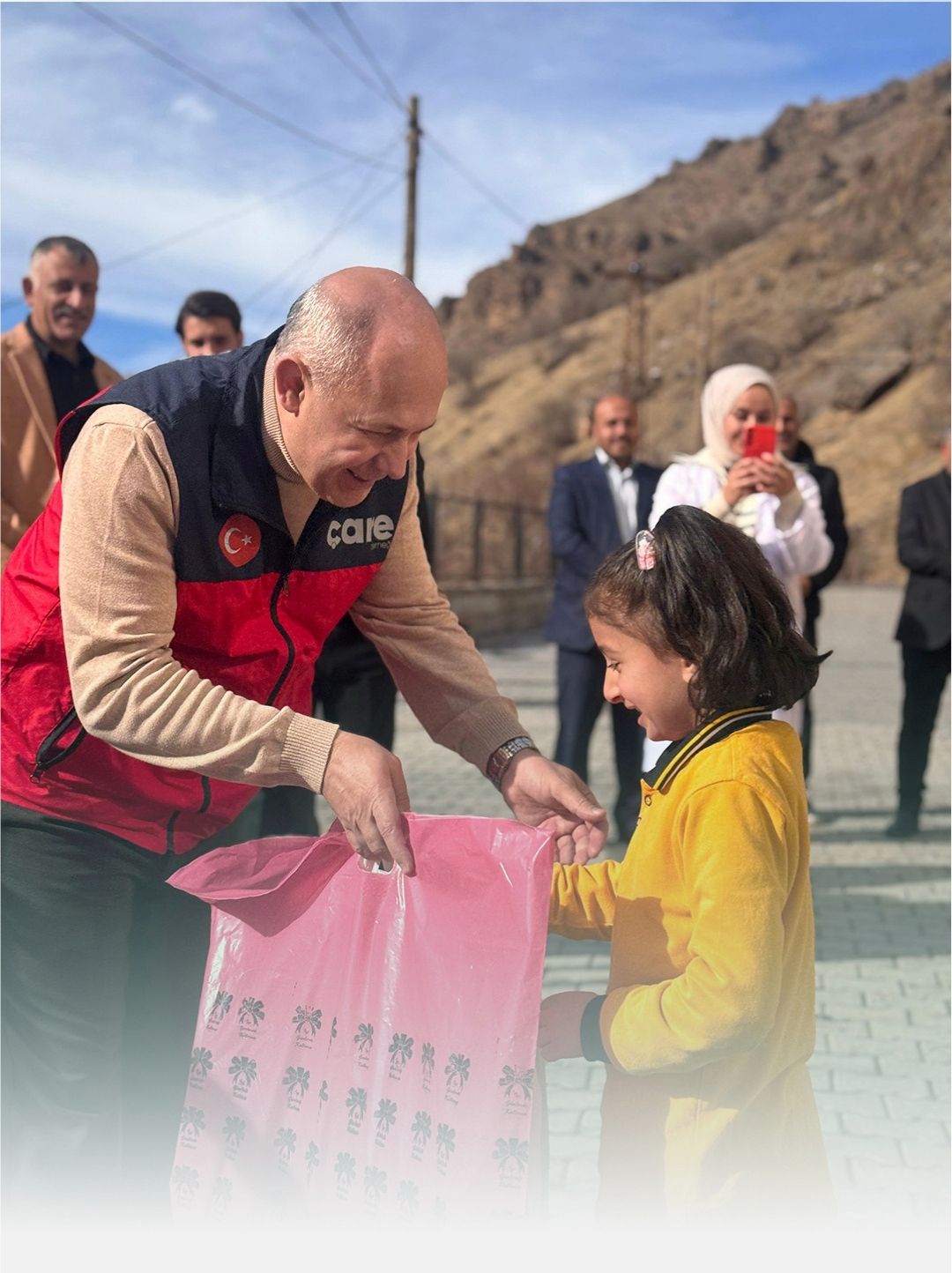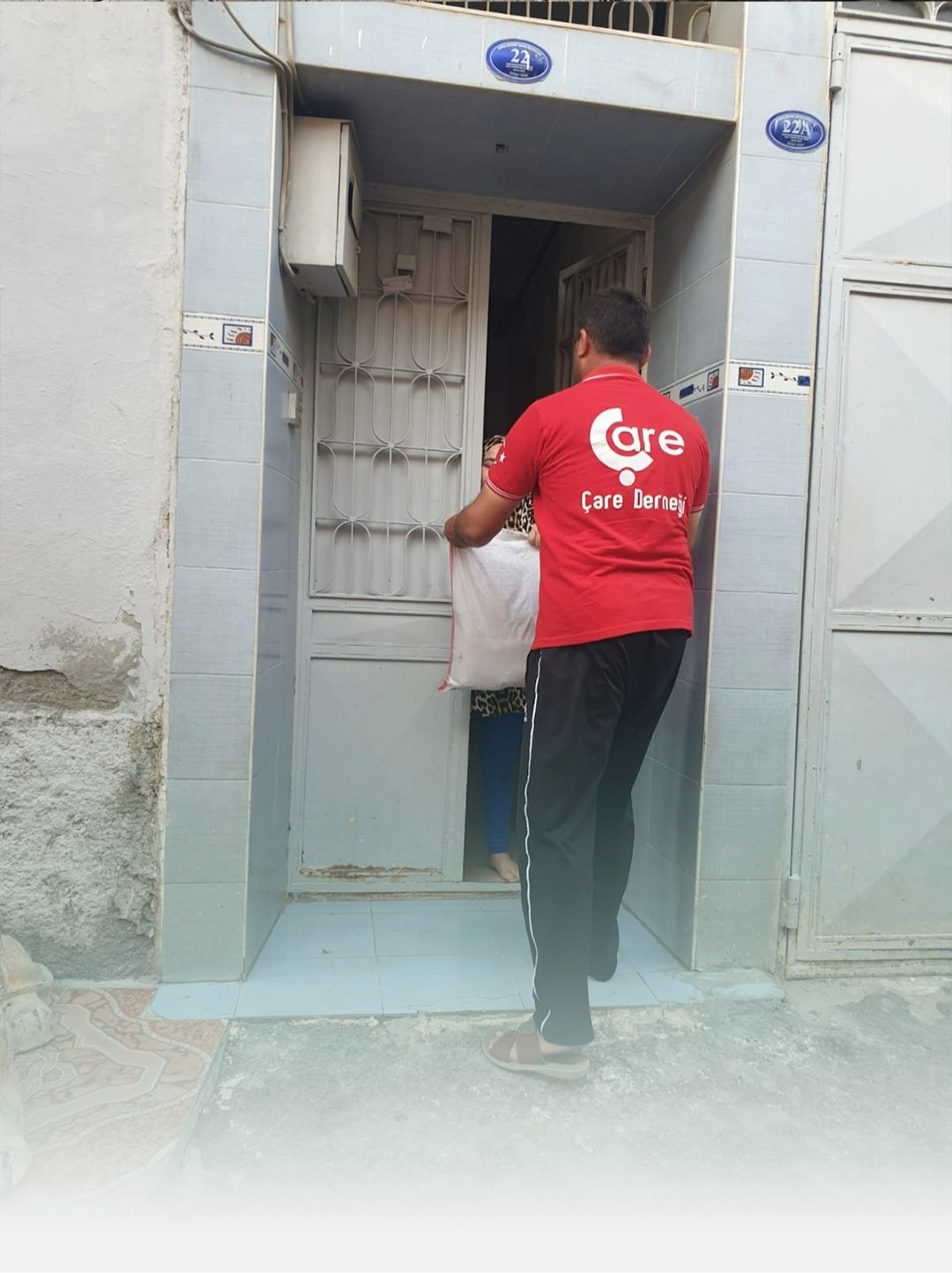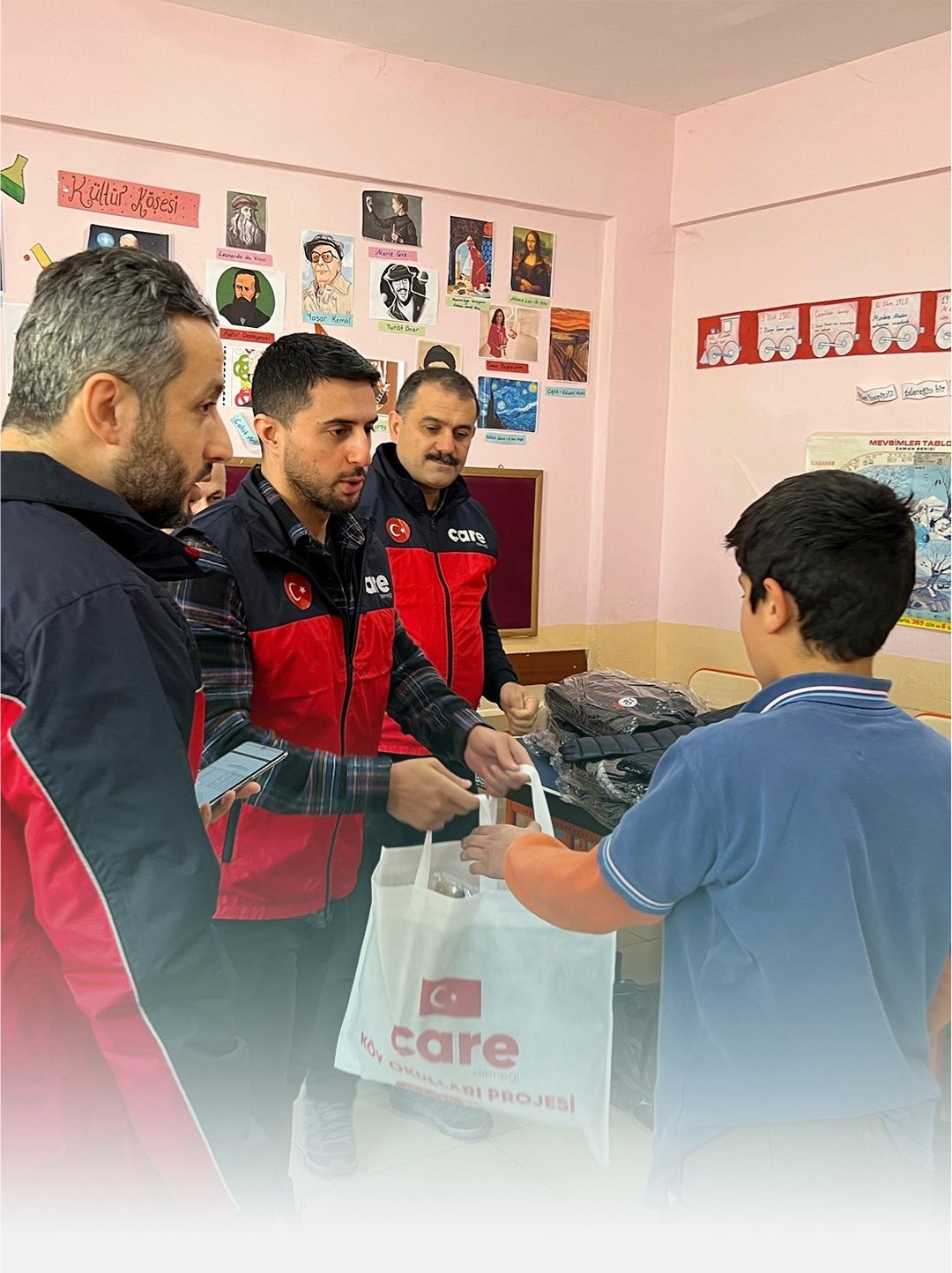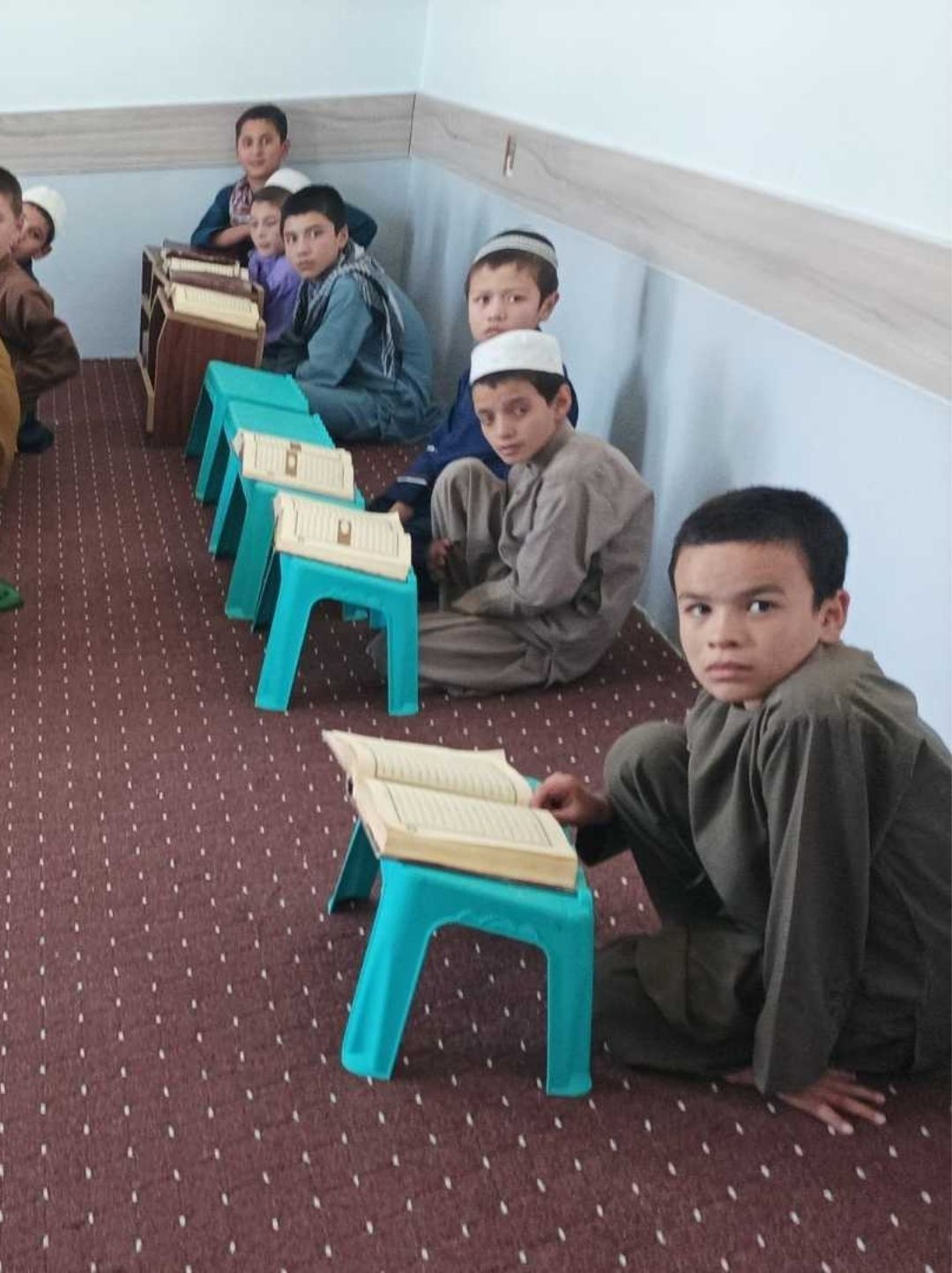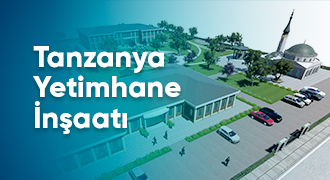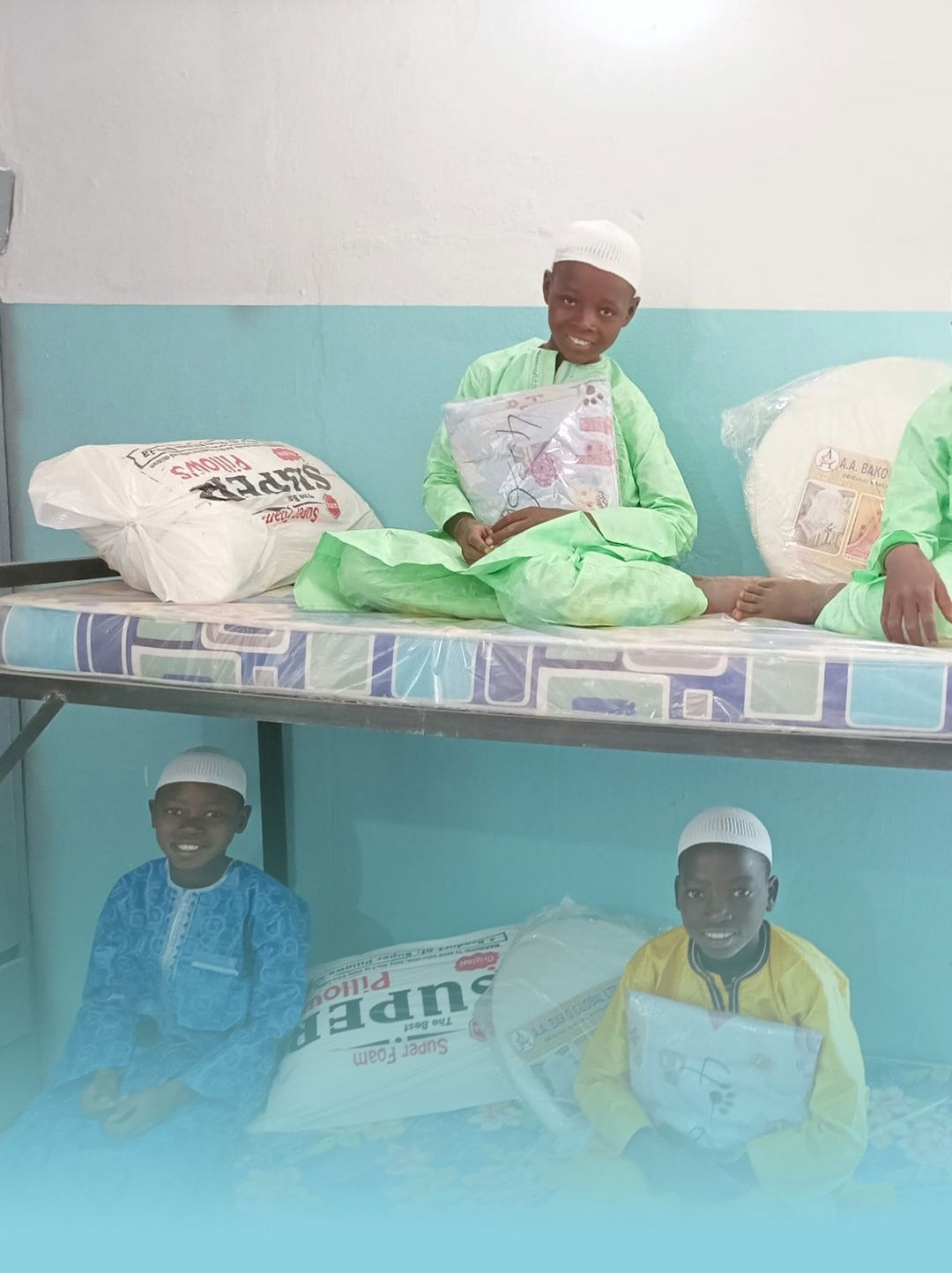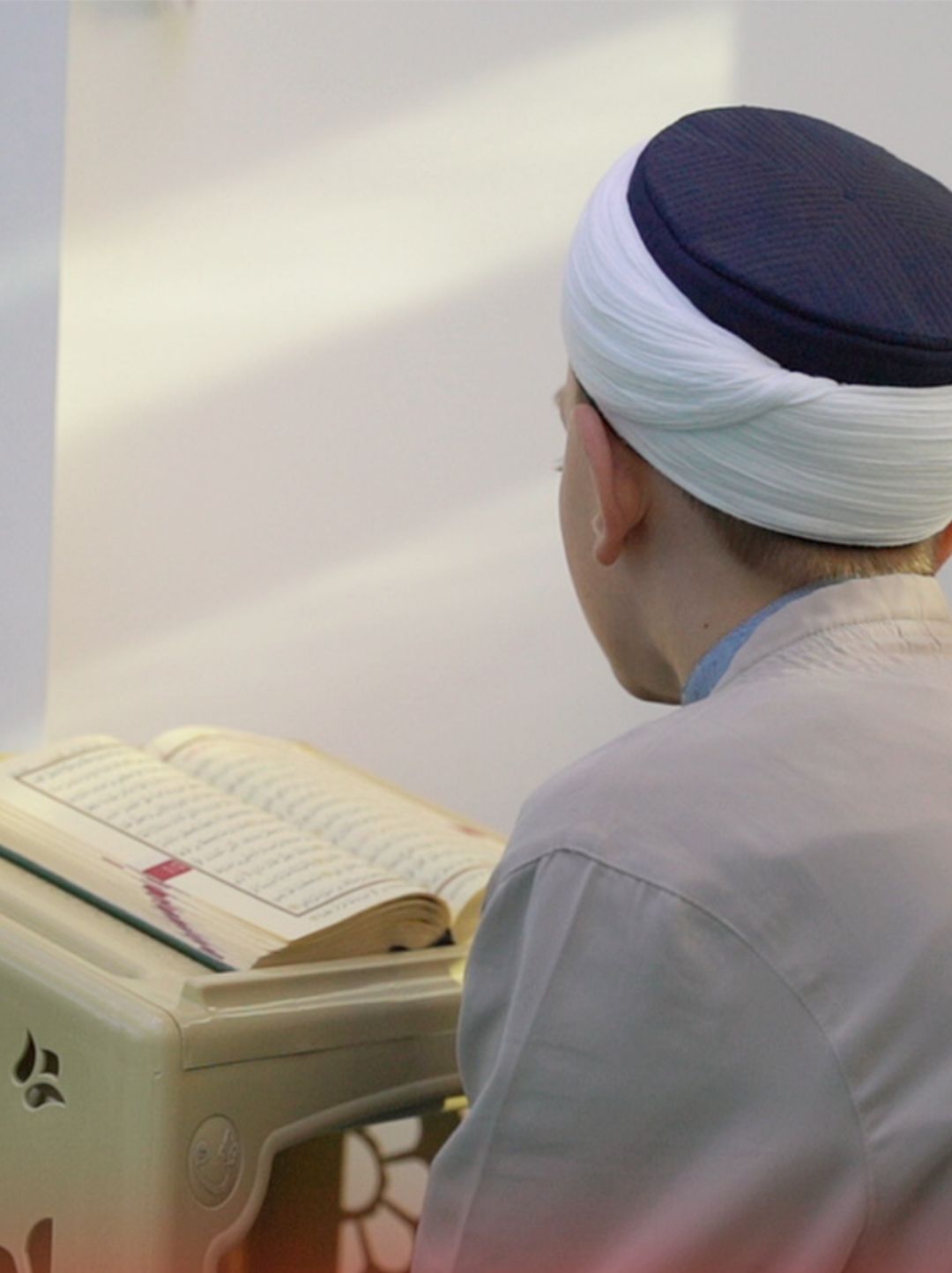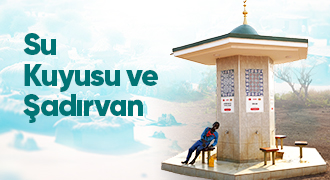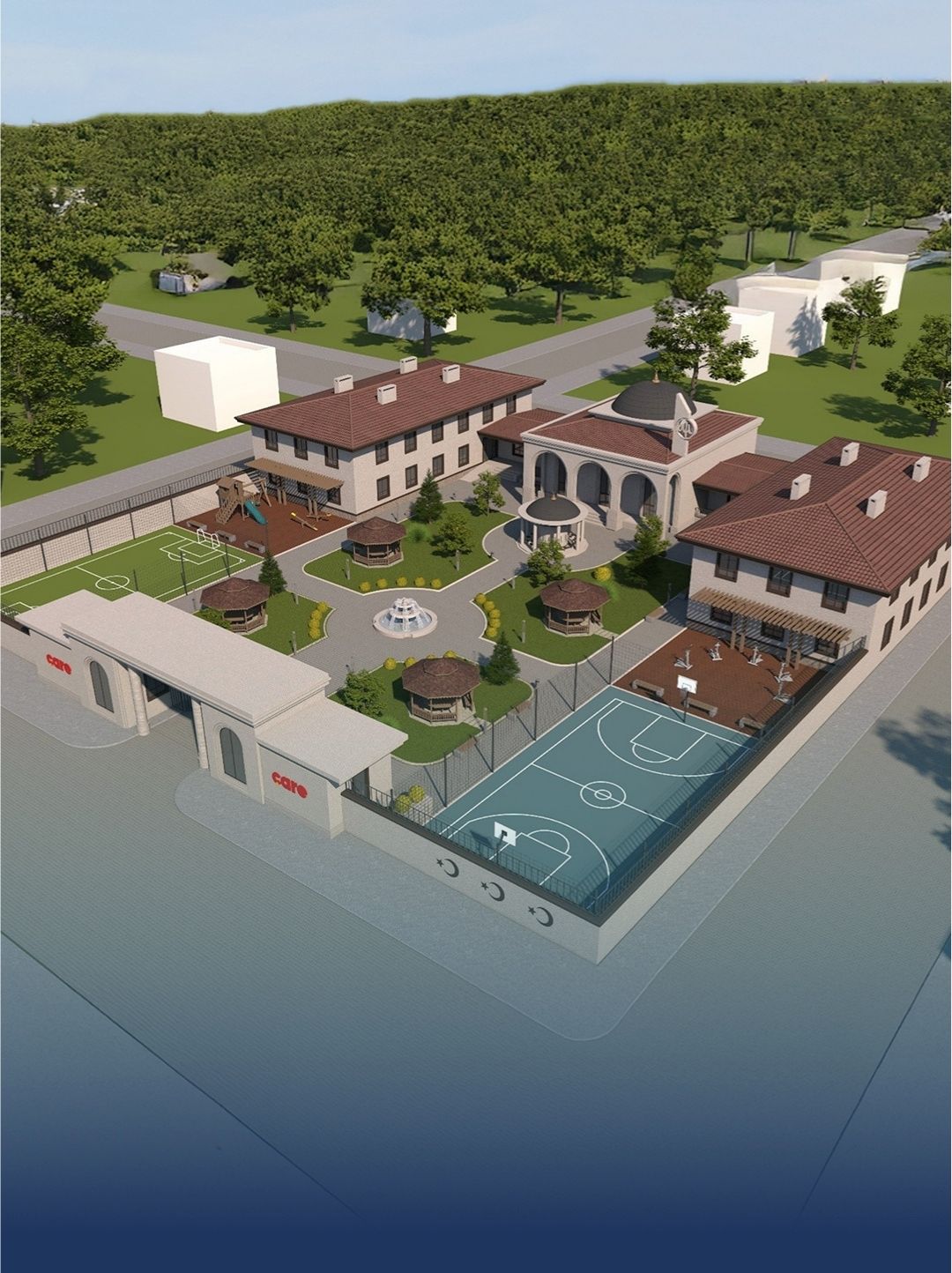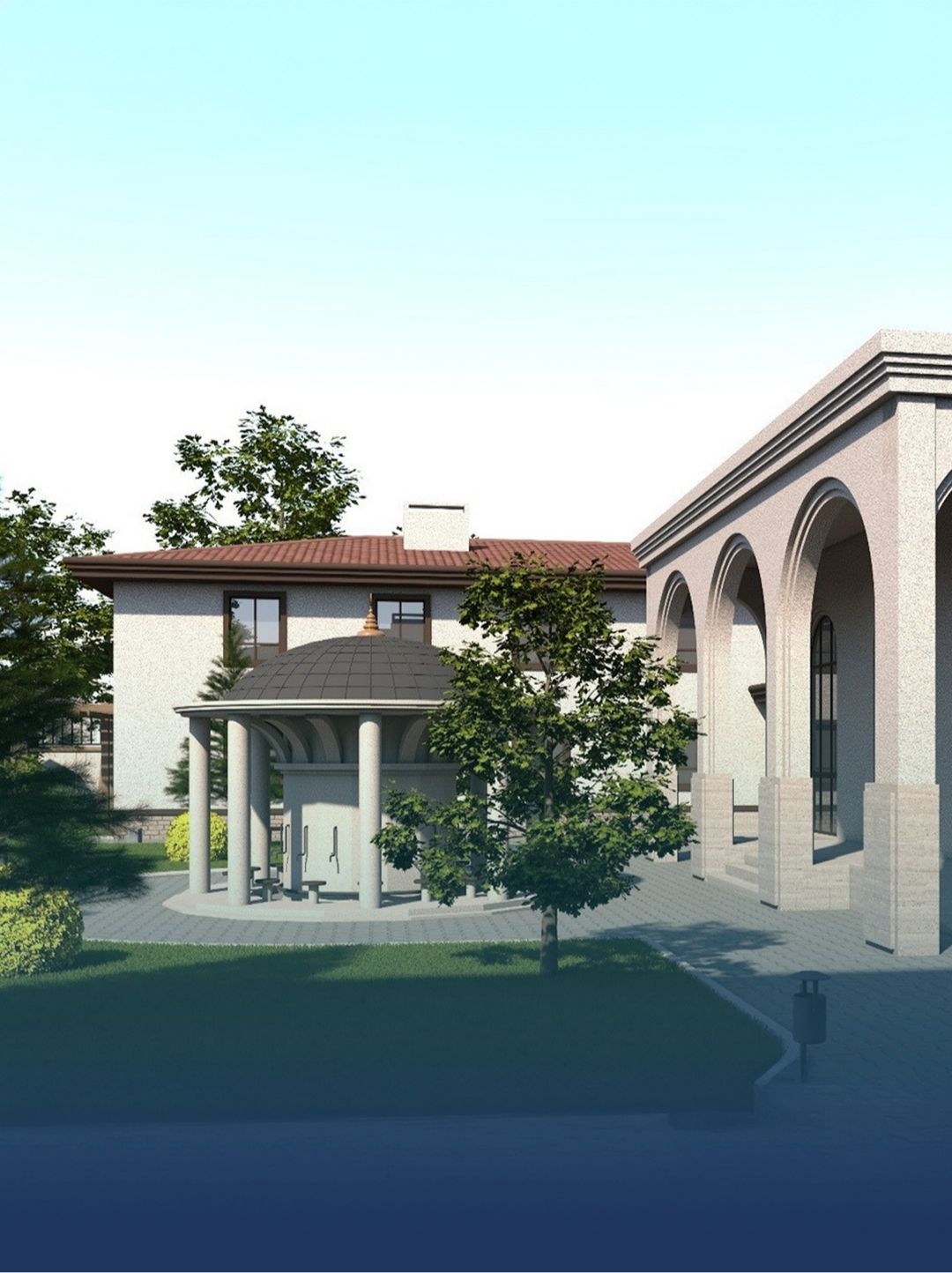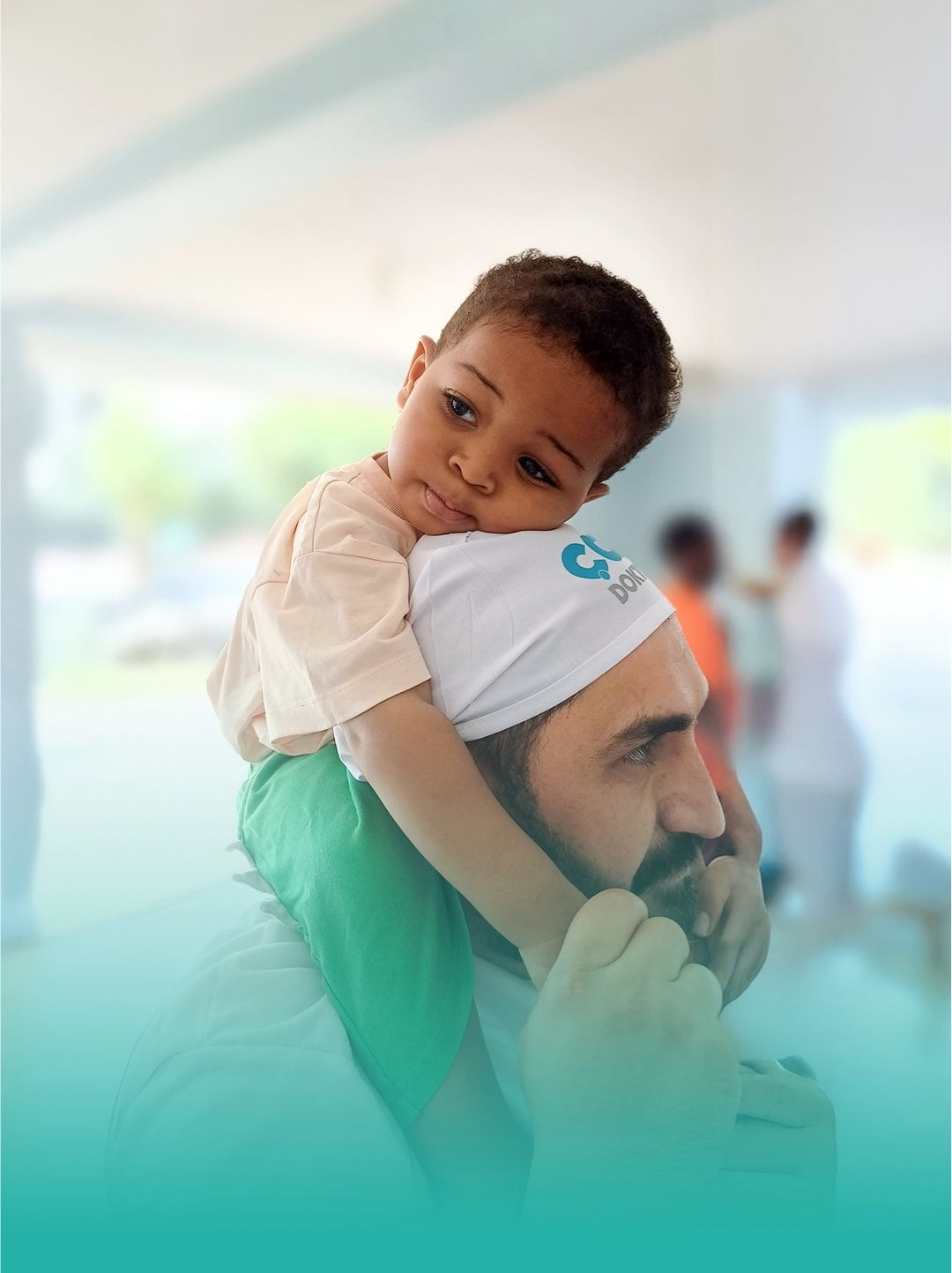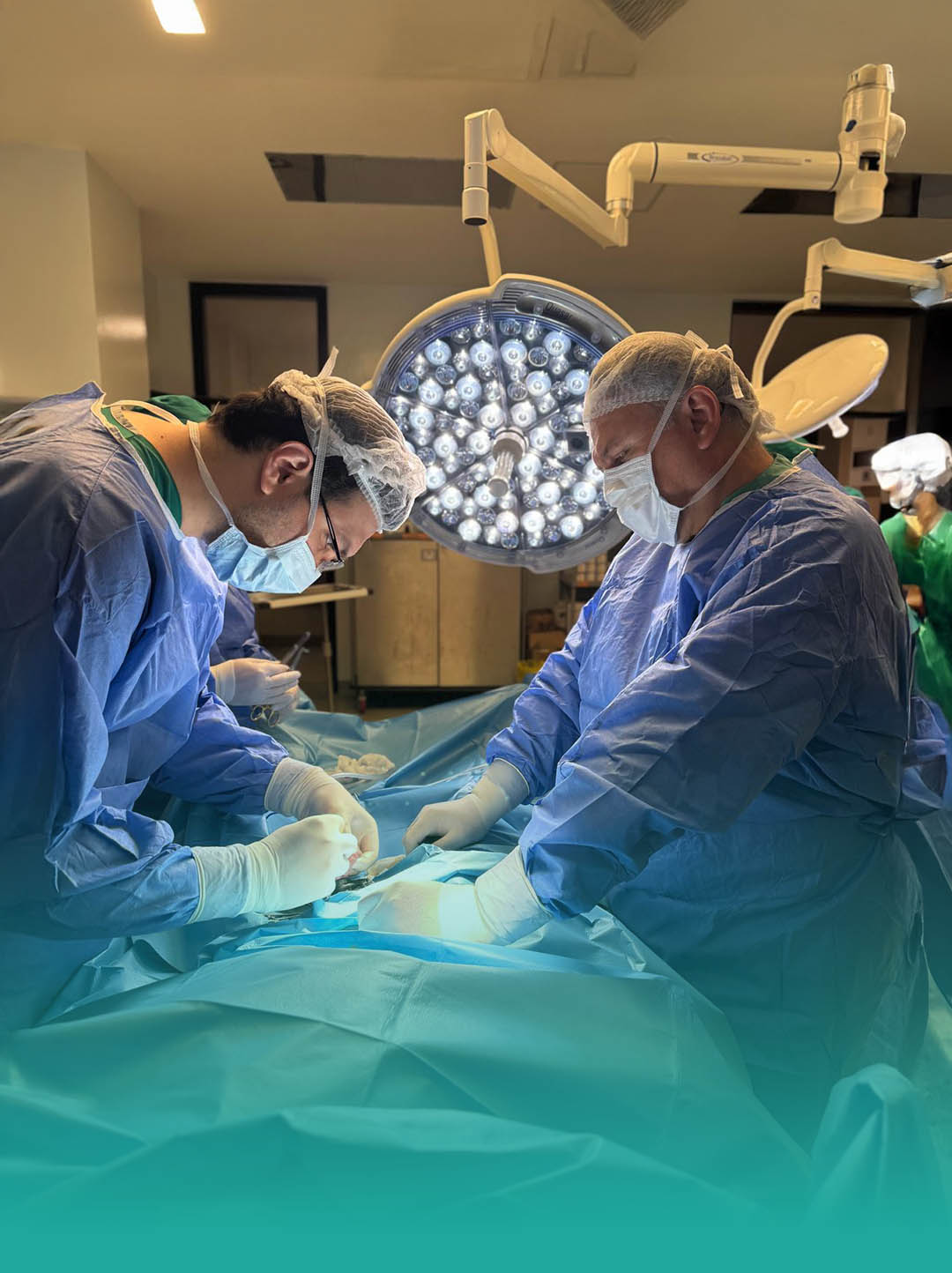
How to Perform Tarawih Salah, How Many Rak'ats?
28.08.2024: 11:32Tarawih salah is the prayer performed in the month of Ramadan. It is performed by ourselves at home or in congregation in mosques. Tarawih salah is a social activity as well as a worship, and performing it in congregation reinforces our unity and solidarity. As Care Association, we have prepared a blog post about Tarawih prayer. In our article, we tried to give some information about what the Tarawih prayer is, how to perform it, how many rak'ahs it is and why it is important.
What is Tarawih Prayer?
Tarawih prayer is an important worship performed after the salat al isha (night time prayer) in Ramadan. The word Tarawih is the plural of the Arabic word "Terviha" and means "to rest". The name of this prayer is mentioned in this way because it is heard for a short time after every four rak'ahs (al-Meydanı, el-Lubab, Istanbul, (n.y) I, 123).
The Importance of Praying Taraweeh in Ramadan
The tarawih prayer is considered a sunnat-i muaqqadah for every Muslim, male or female. This prayer is also valid for those who cannot fast, and it is the sunnah of time, not of fasting. In other words, it is sunnah for people who cannot fast for various reasons. Although the tarawih prayer is not mentioned in the Qur'an, there are many hadith narrations on this subject.
Tarawih prayer is performed during the month of Ramadan to revive it at night. Our Beloved Prophet Muhammad (pbuh) encouraged to revive the nights of Ramadan, but he did not present this as a definite order. Regarding this, "Whoever revives Ramadan by believing and expecting reward from Allah, his past sins will be forgiven" (Bukhari, Iman, 25, 27; Muslim, Musafiin, 173, 176; Ibn Mace, Ikametus-Sala, 173; Tirmidhi, Savm, 83).
How many rak'ahs is the Taraweeh Prayer?
The number of rak'ahs of the tarawih prayer, according to Hanafis, It is based on the practice of Sayyidina Umar (r.a) and is performed as twenty rak'ahs. There is no doubt that the first eight rak'ahs are muakkad sunnah. Some scholars, such as Ibnul-Humam, said that more than eight rak'ahs are mustahab (Ibnul-Humam, Fethü'l-Kadir, Egypt, 1315, I, 333 ff.).
The time of the tarawih prayer begins after the night prayer and continues until the time of the morning prayer. Performing this prayer in congregation is sunnah and more virtuous according to Hanafis and some scholars of other sects.
How to Perform Tarawih Prayers?
The tarawih prayer is performed after the last two rak'ahs of the night prayer, it is not permissible to perform it before the night prayer. The witr prayer is usually performed after tarawih at night.
With the intention of performing the tarawih prayer in Ramadan, it is necessary to start the prayer by making wudu first and in a clean environment. Tarawih prayer is usually performed as 20 rak'ahs. After every 4 rak'ahs, rest for a short time by sitting down. According to the Hanafi school, it is permissible and virtuous to greet once in every two rak'ahs of the tarawih prayer, but it is also permissible to greet once every four rak'ahs, but it is considered makruh. There are different practices in other sects and tarawih prayers should be performed taking into account the views of the sects.
If the tarawih prayer is to be performed with a greeting in every two rak'ahs, it is performed like the sunnah of the morning prayer. If it is to be performed with a greeting in four rak'ahs, it is performed like the sunnah of the afternoon. Since the entire tarawih prayer is like a single prayer, one intention from the beginning is sufficient for this prayer, but since the prayer has been left after the salutation in between, it is more appropriate to make intention again when starting the prayer again.
How to Perform Taraweeh Prayer in Congregation
Tarawih prayer is an act of worship performed after the night prayer in Ramadan. First, the first sunnah of the night prayer, then the fard and the last sunnah are performed. The imam, muezzin or someone from the congregation announces that the tarawih prayer will begin, and the intention is made before the prayer begins.
If it is to be performed in two rak'ats, one sitting is done after the second rak'ah and the prayers "Tahiyyat", "Salli-Barik" and "Rabbena" are read and saluted to the right and left. If the tarawih prayer is to be performed as four rak'ahs, "Tahiyyat" and "Salli-Barik" prayers are recited in the first sitting, and "Subhaneke" is recited when the third rak'ah is up. It is good to recite the "salat-i ummiyya" prayer every time a greeting is given.
Salat-ı Ümmiye Recitation: “Allahümme salli ala sayyidina muhammedini'n-nabiyyi'l-ummiyyi wa ala alihi wa sahbihi wa sellim.” Meaning: “O Allah, the one who is our Master Peace and blessings be upon the unlettered Prophet Muhammad and his family and companions.”
Taraweeh prayers can be performed without a break or short breaks can be given according to the need. After the tarawih prayer, after a short prayer, the witr prayer is performed in congregation. Then, the worship is completed with tasbihat and prayer.
How to Perform Congregational Prayer at Home
While the prayer is being performed with the congregation, the imam stands in front, followed by adult men or children, and behind them, women or girls.
There is no need for someone to be a muezzin while praying in congregation at home. A person who will be an imam can also act as a muezzin.
Is it possible to perform Tarawih only by reciting Surah Kawthar and Ikhlas?
The person who will perform the tarawih prayer may not know the prayer times exactly. For example, he may only know the Surahs of Kevser and İhlas. In this case, after reading Surah Fatiha in the first rak'ah, he reads Surah Kawthar. He performs ruku' and sajdas, then stands up for the second rak'ah and reads Surah Fatiha, reads Surah ihklas, sits on the tahhiyata after ruku' and prostrations, reads Attahiyyatuh, Sallih-Bareeq and Rabbana prayers and greets. Thus, he performs two rak'ahs.
He gets up again and reads the Surahs of Kawthar after Fatiha in the first rak'ah, and the Surahs of ikhlas in the second rak'ah. In this way, he can finish the tarawih prayer by reciting all the rak'ahs, the Surahs of kawthar and Ikhlas.
A salawat can be recited in every two or four rak'ats, as is the case when the tarawih prayer is performed in congregation in masajeed.
Son Yazılar
Bu Bayram da Çare Olduk, 1 Milyon Kalbe Dokunduk
19.06.2025: 14:08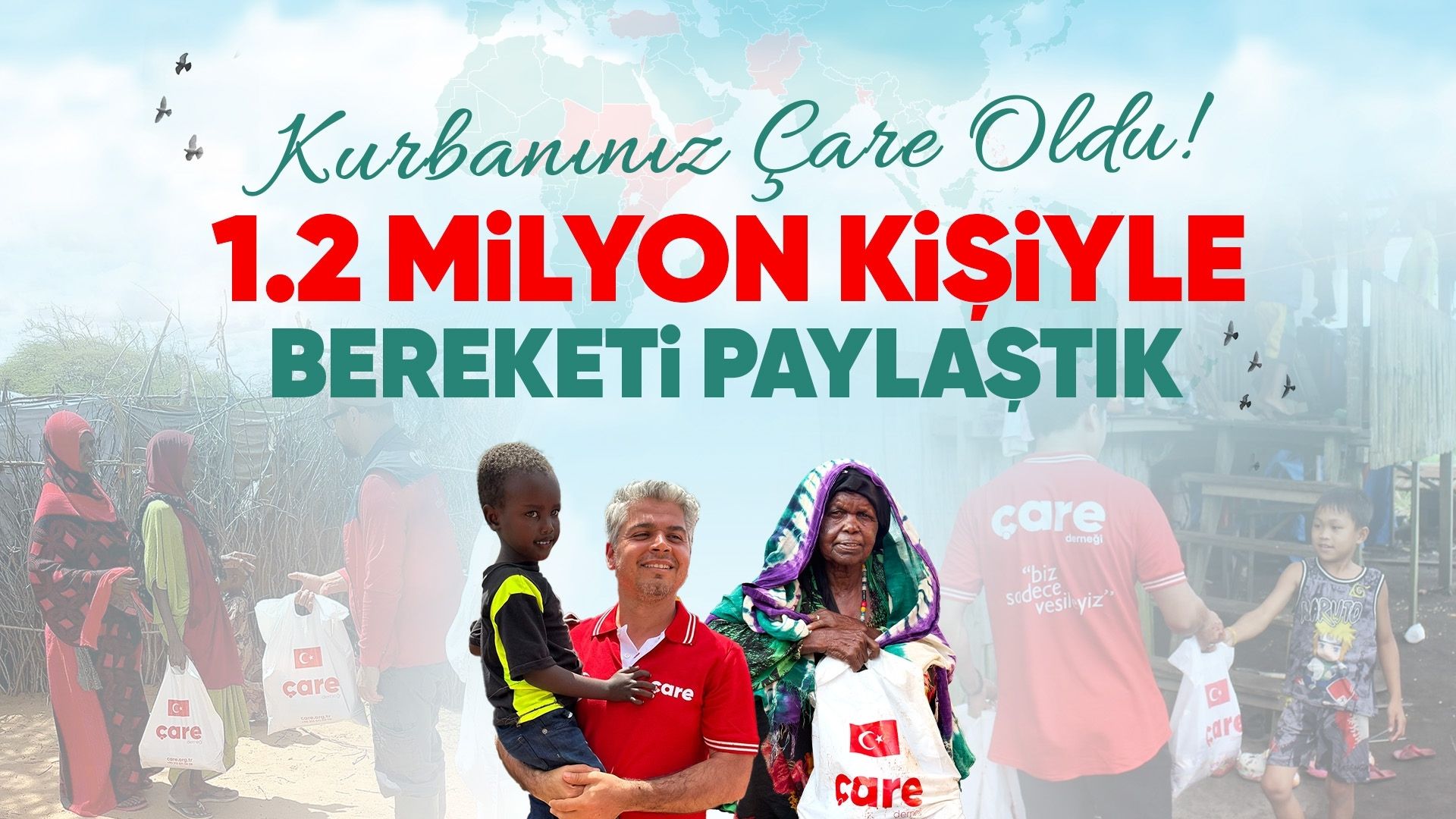
Uganda Sağlık Kampı Başarıyla Tamamlandı!
19.06.2025: 13:48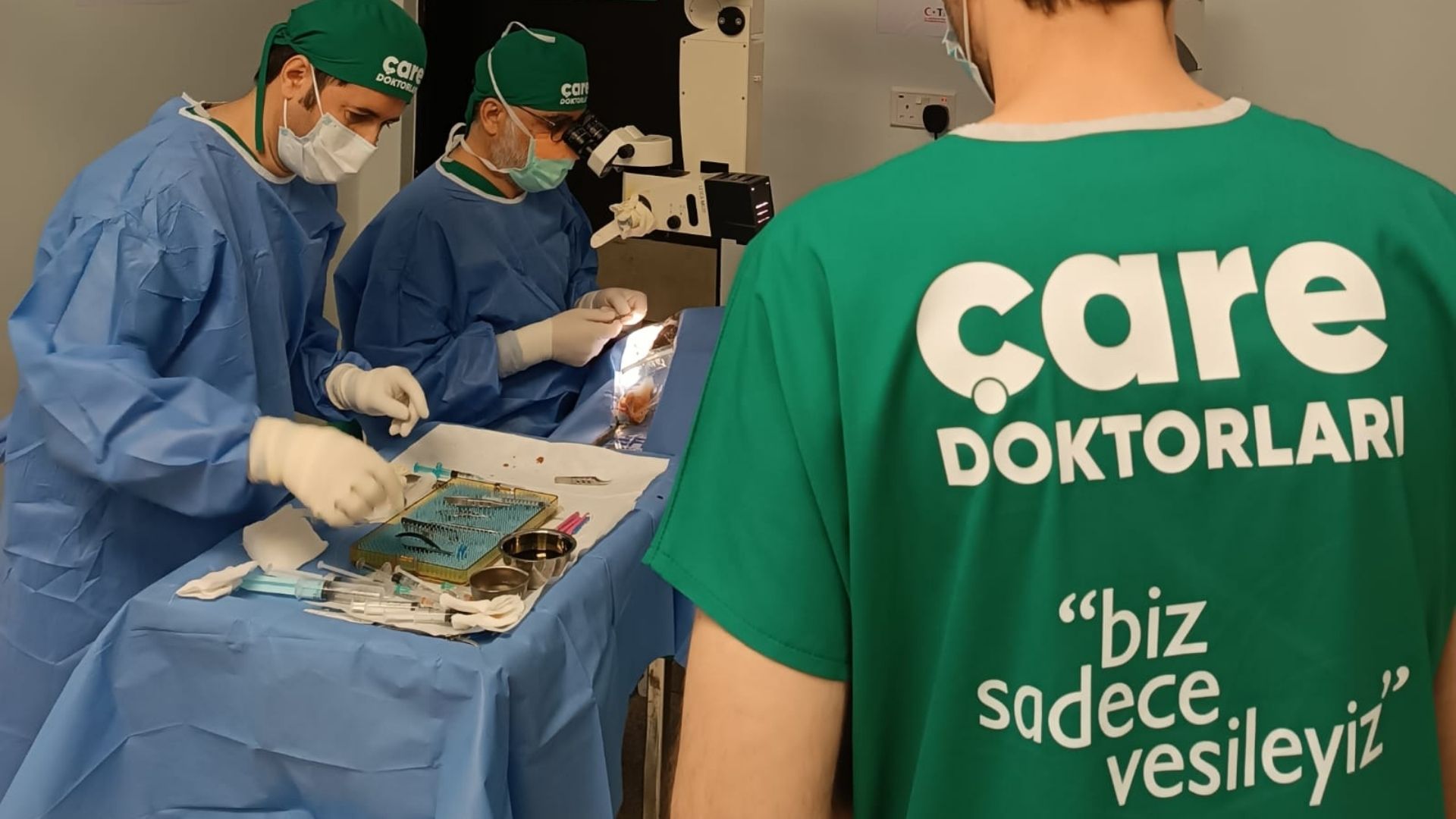
Uganda Yumbe’de Sağlık Kampı Başladı
19.06.2025: 13:46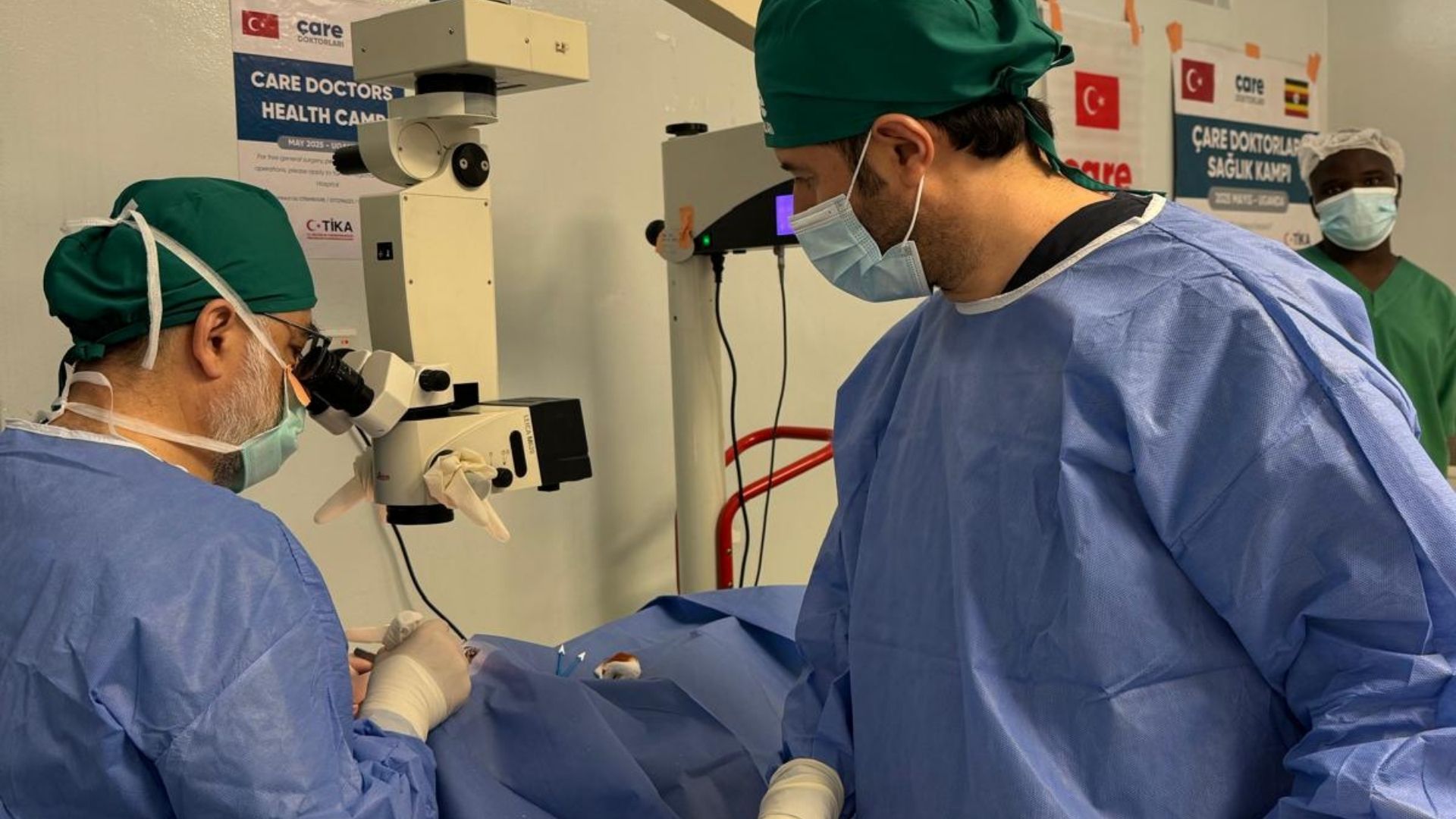
Visually Impaired Students Learn the Qur’an in Uganda
19.06.2025: 13:45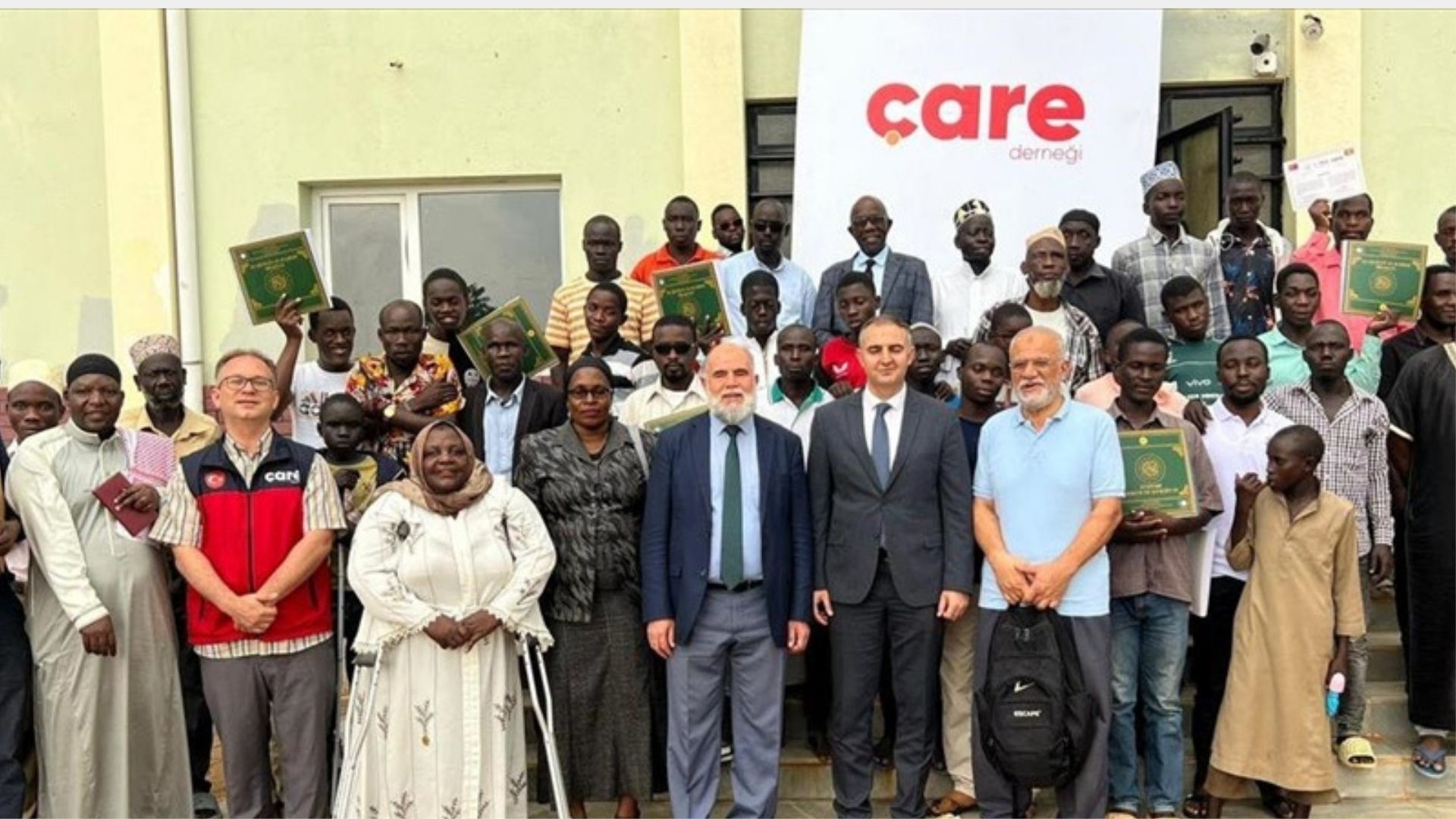
Uganda'da Görme Engelliler Kuran'ı Öğrendi
19.06.2025: 13:44